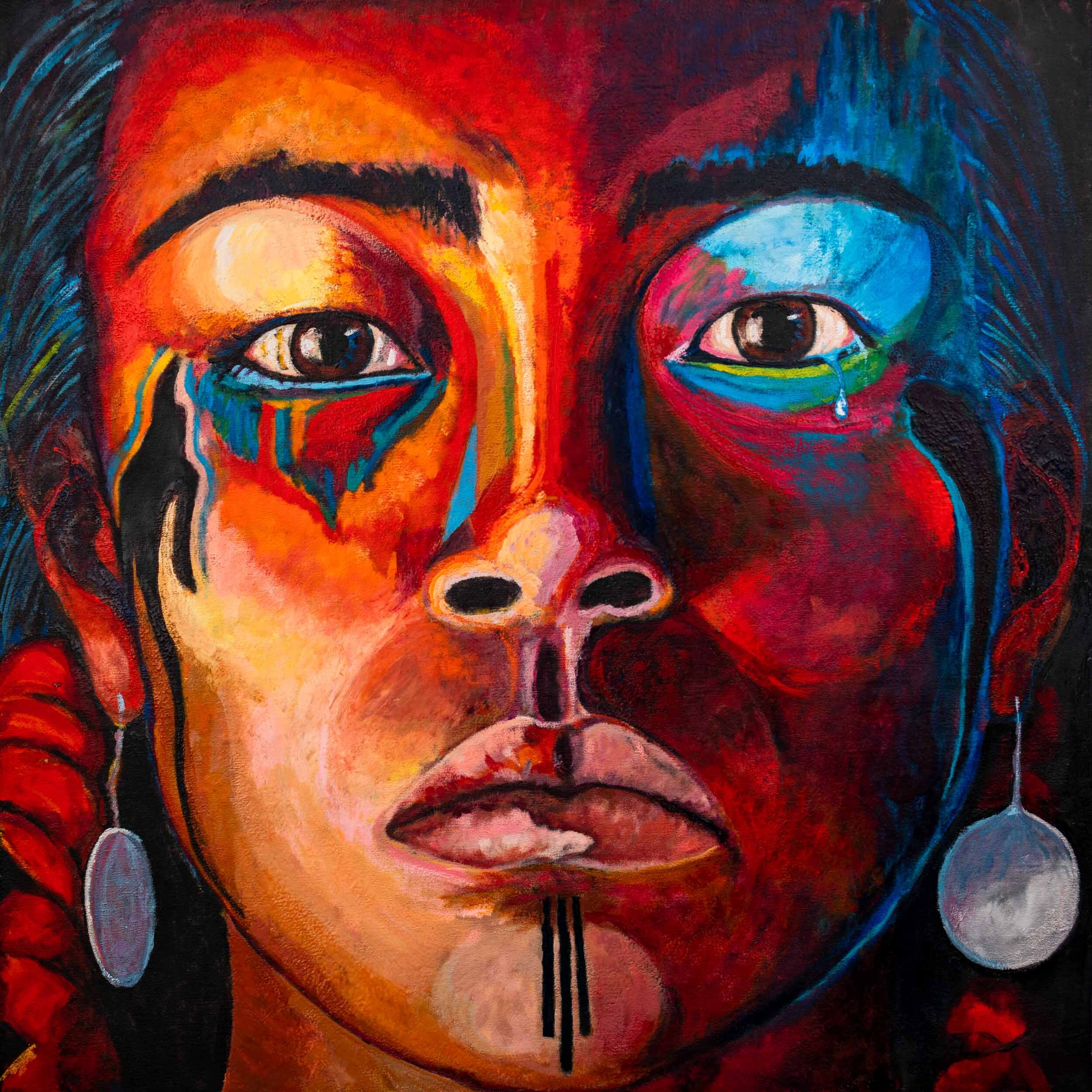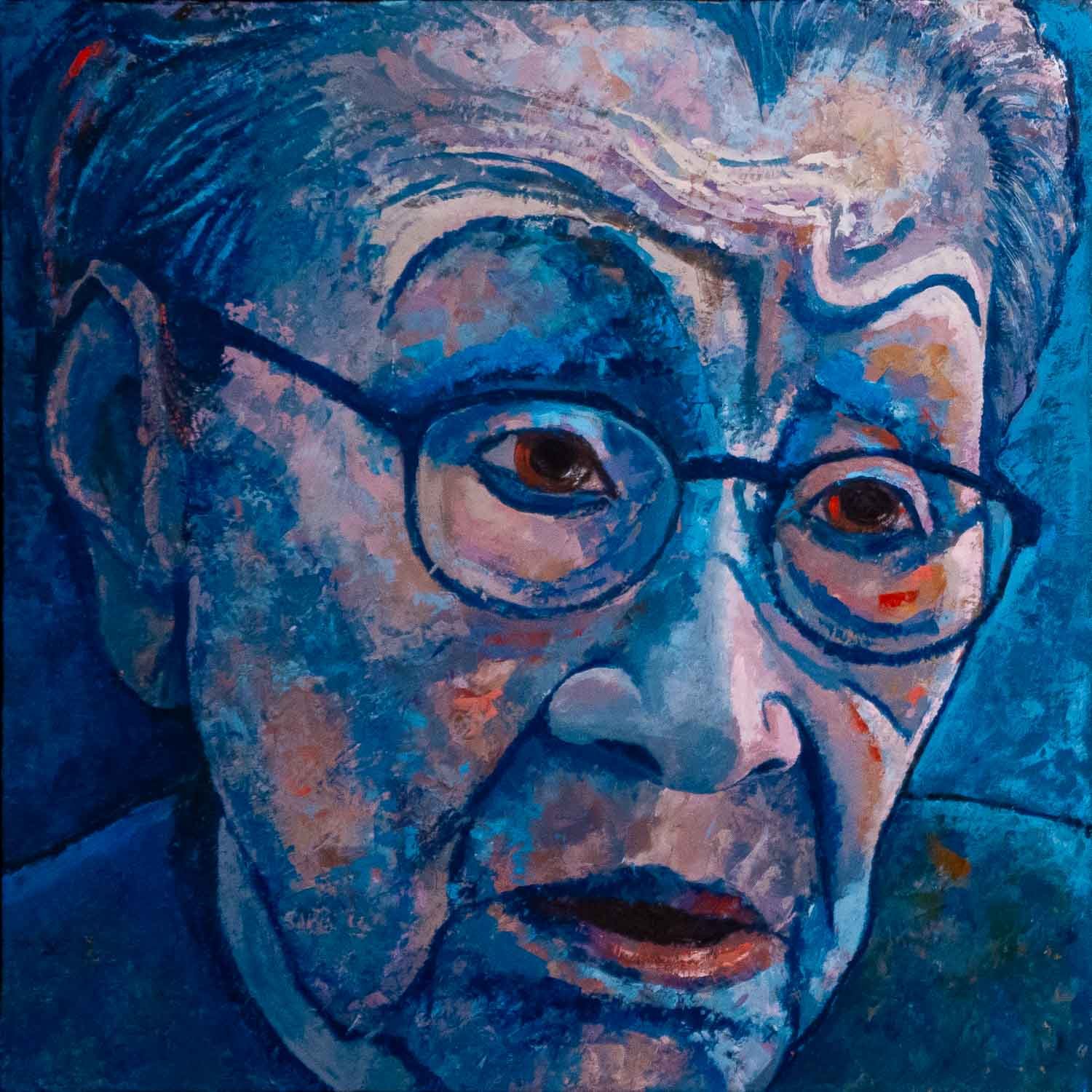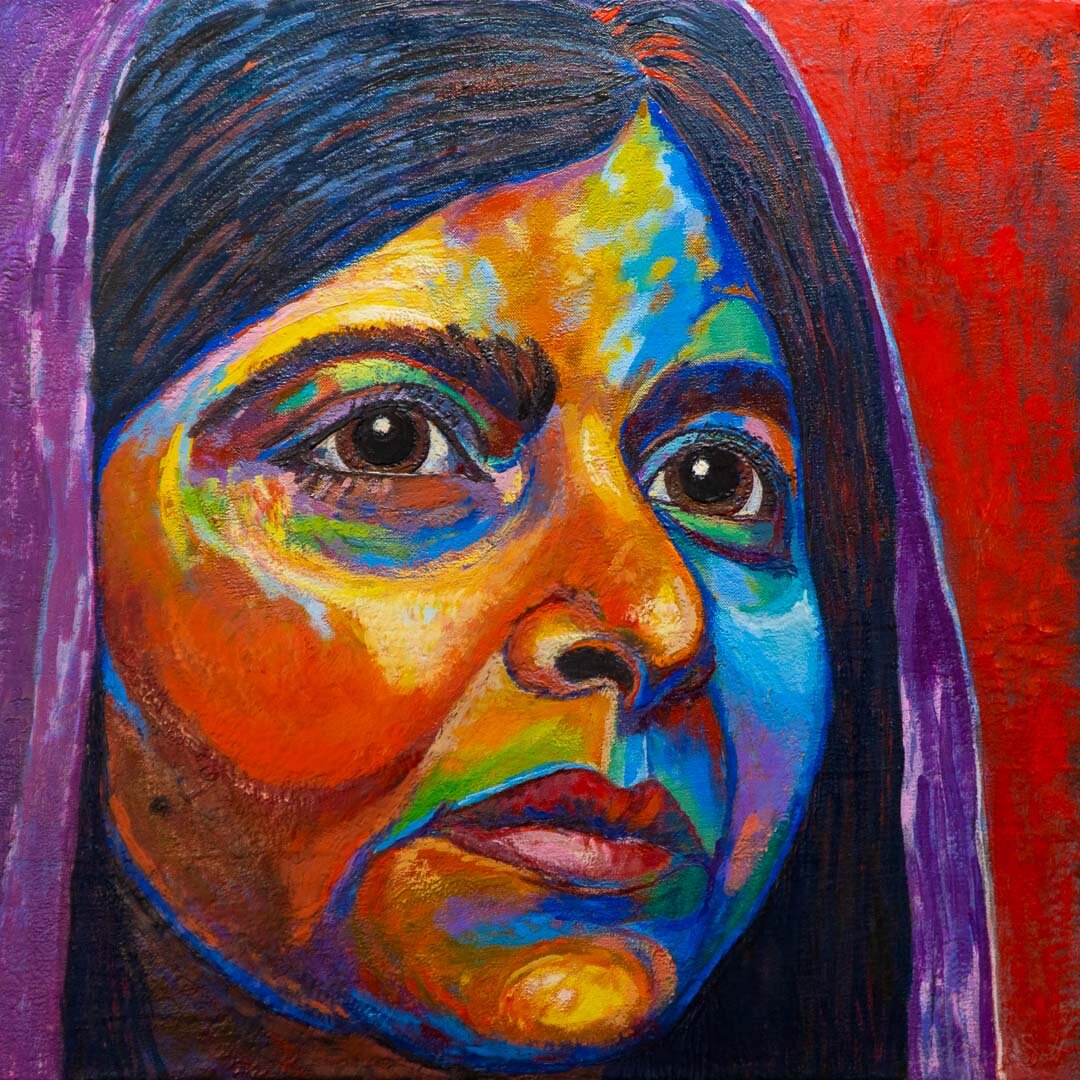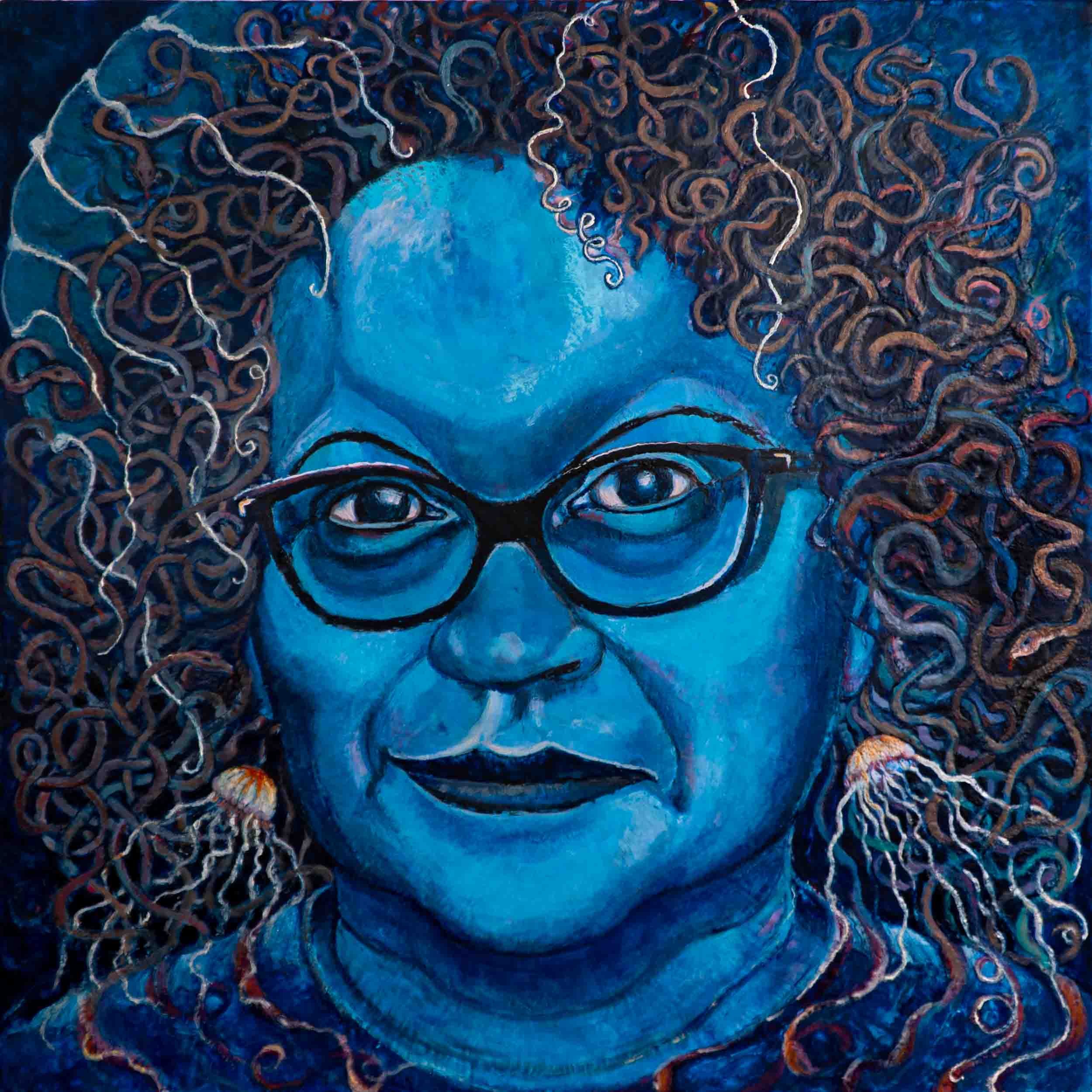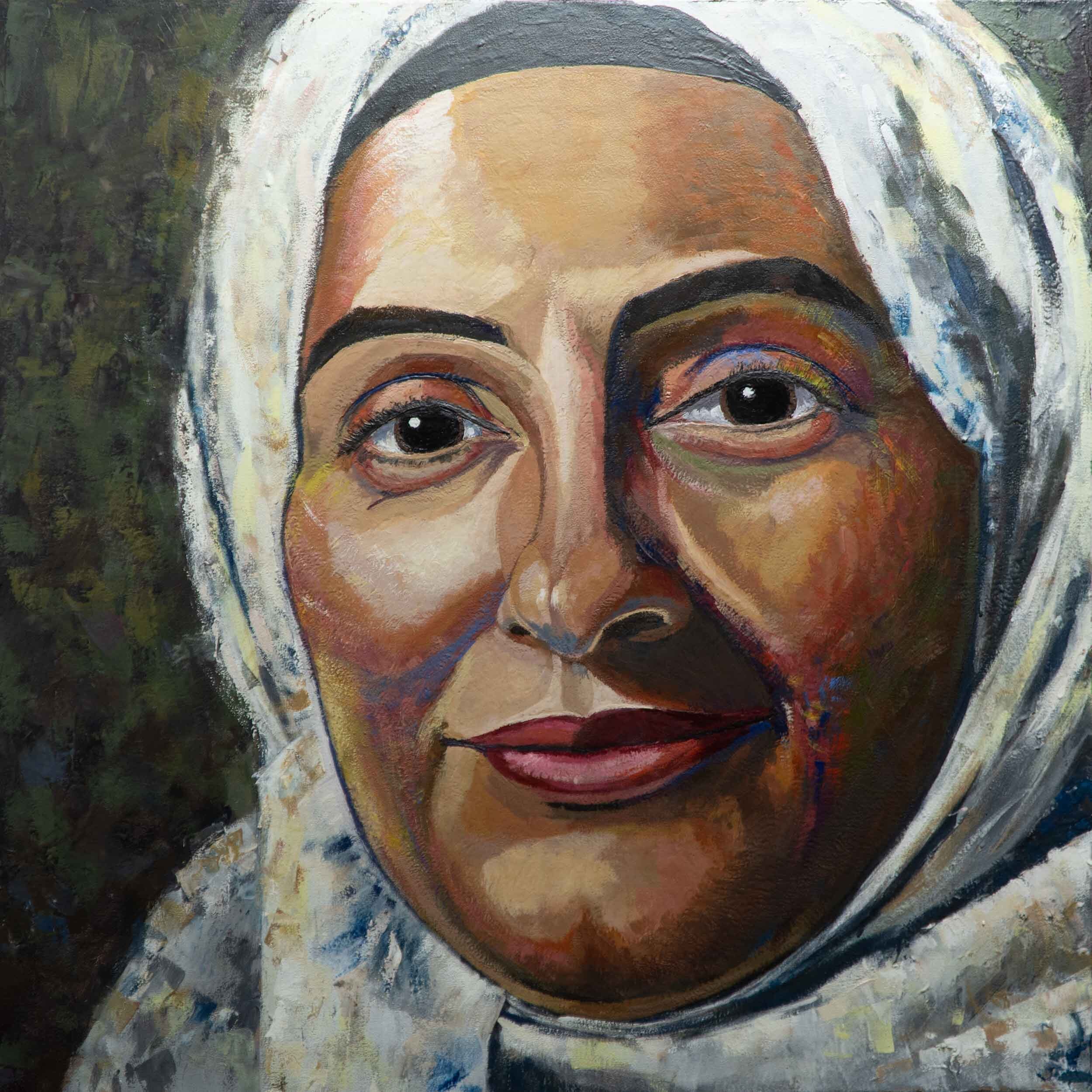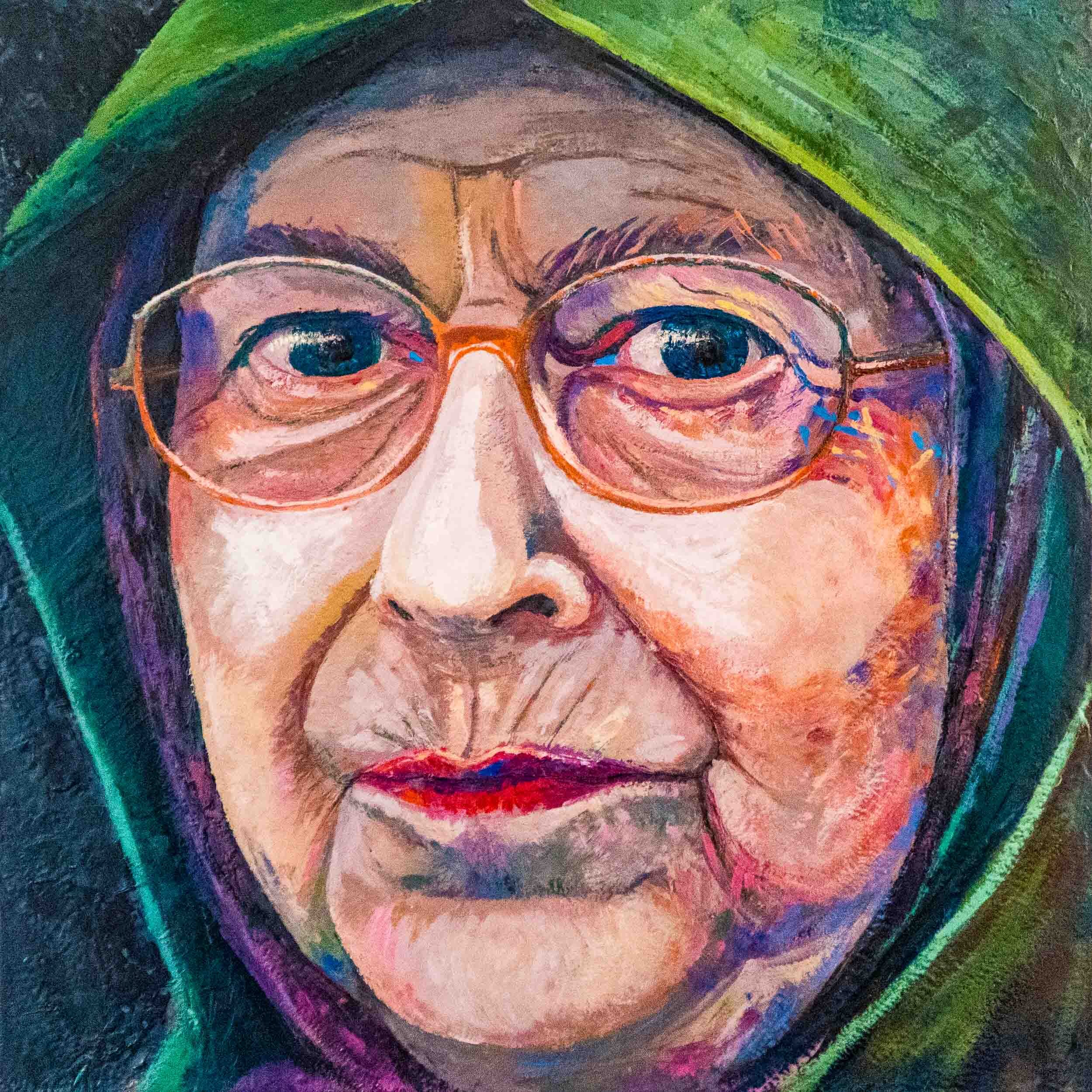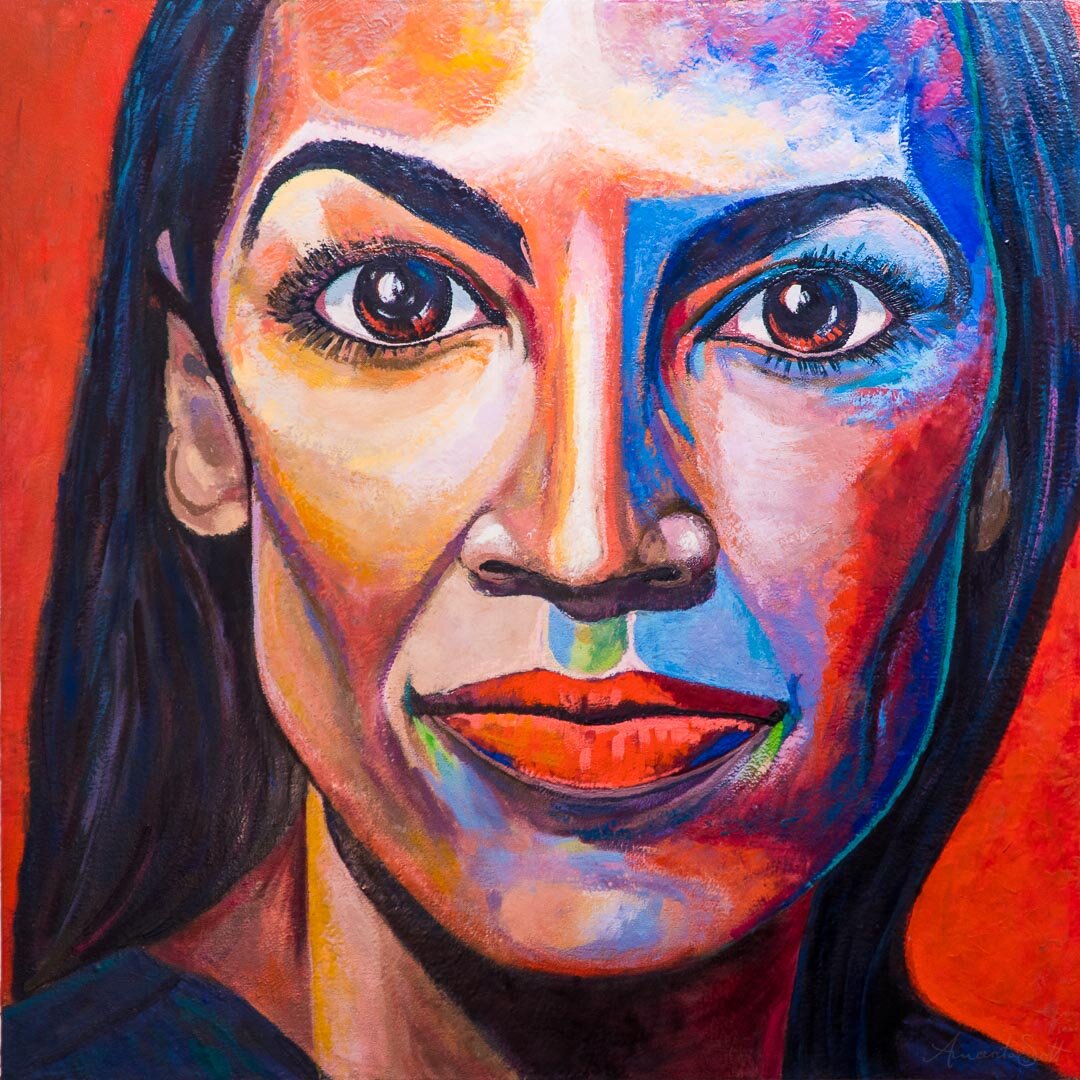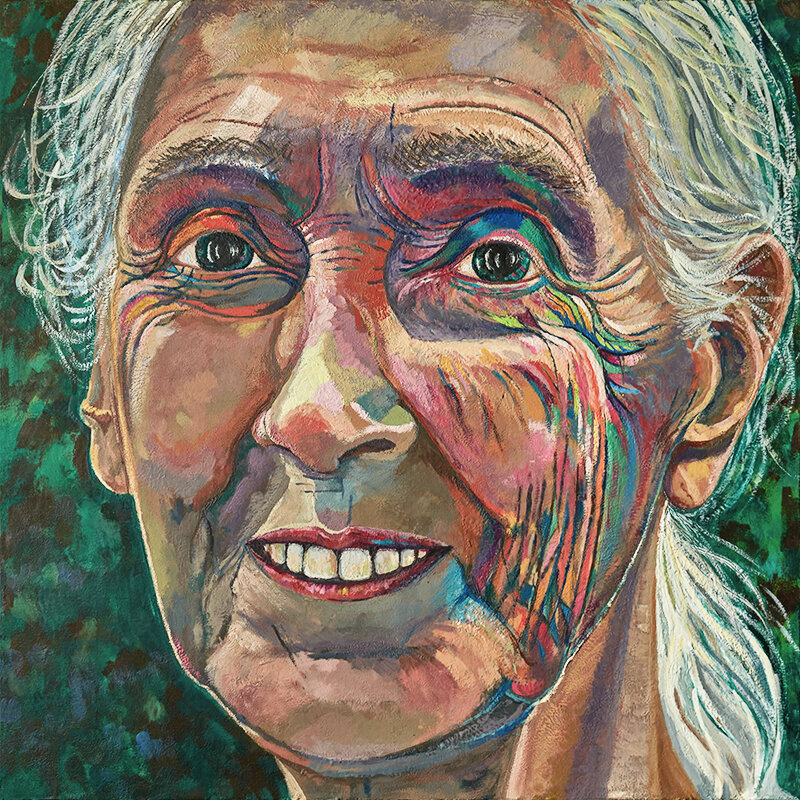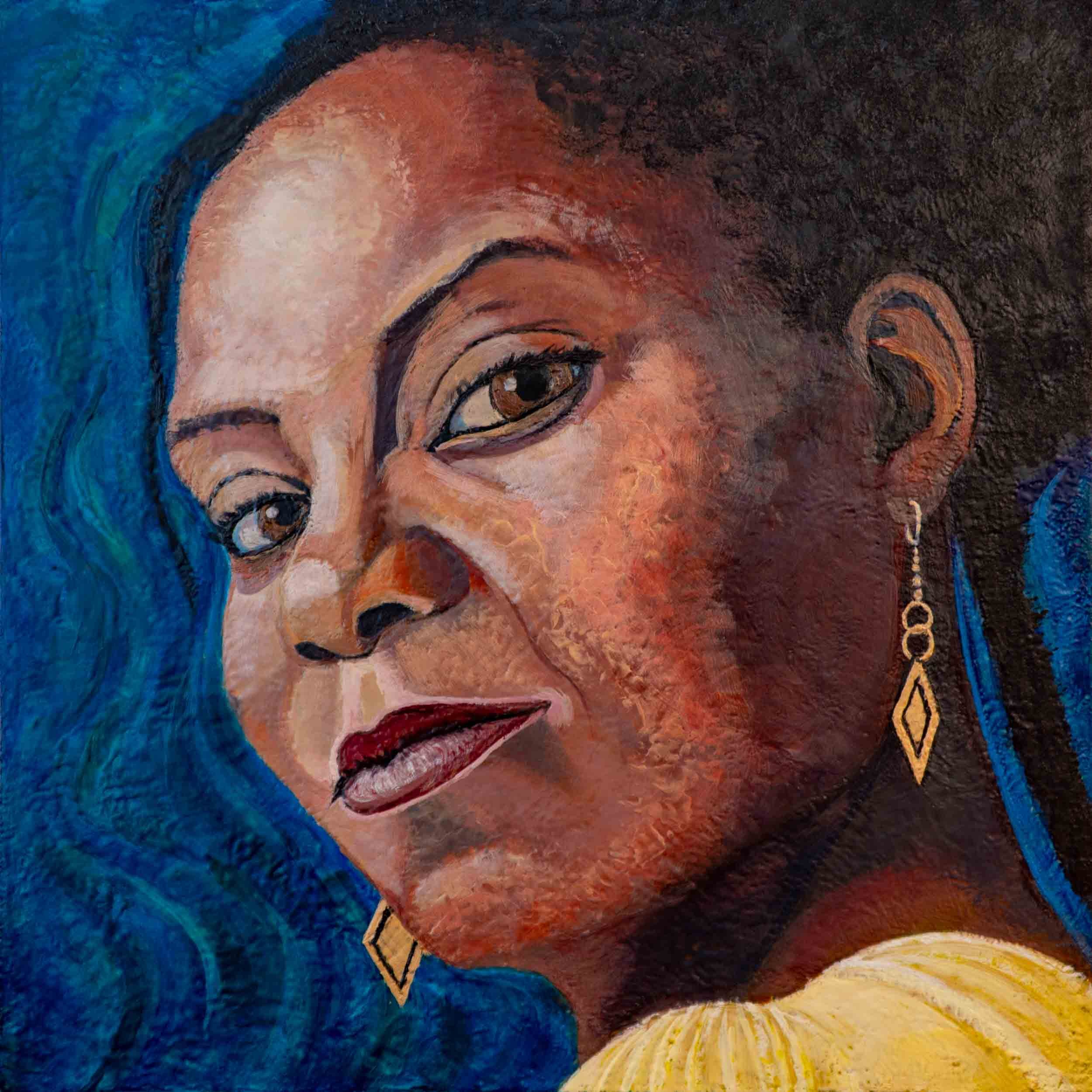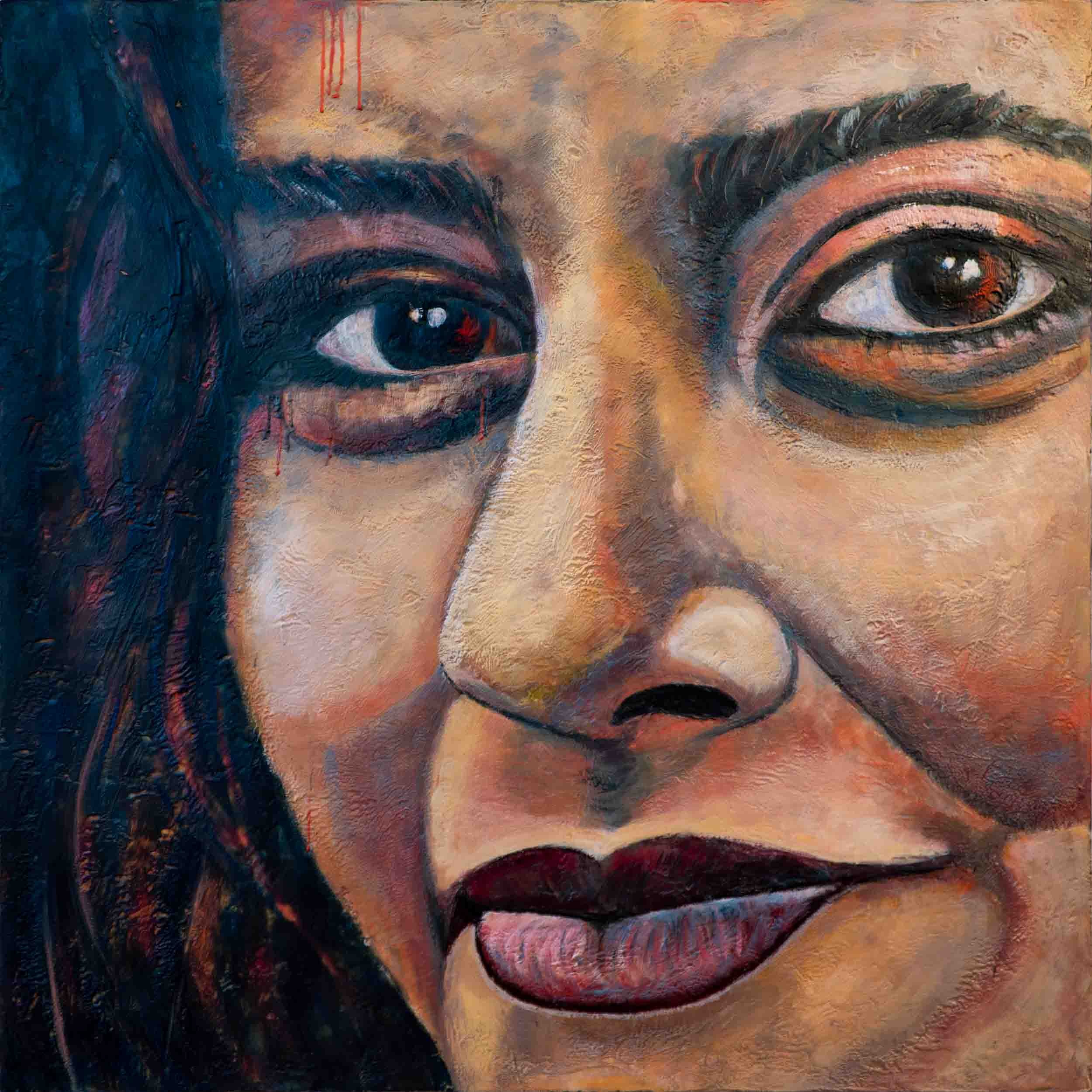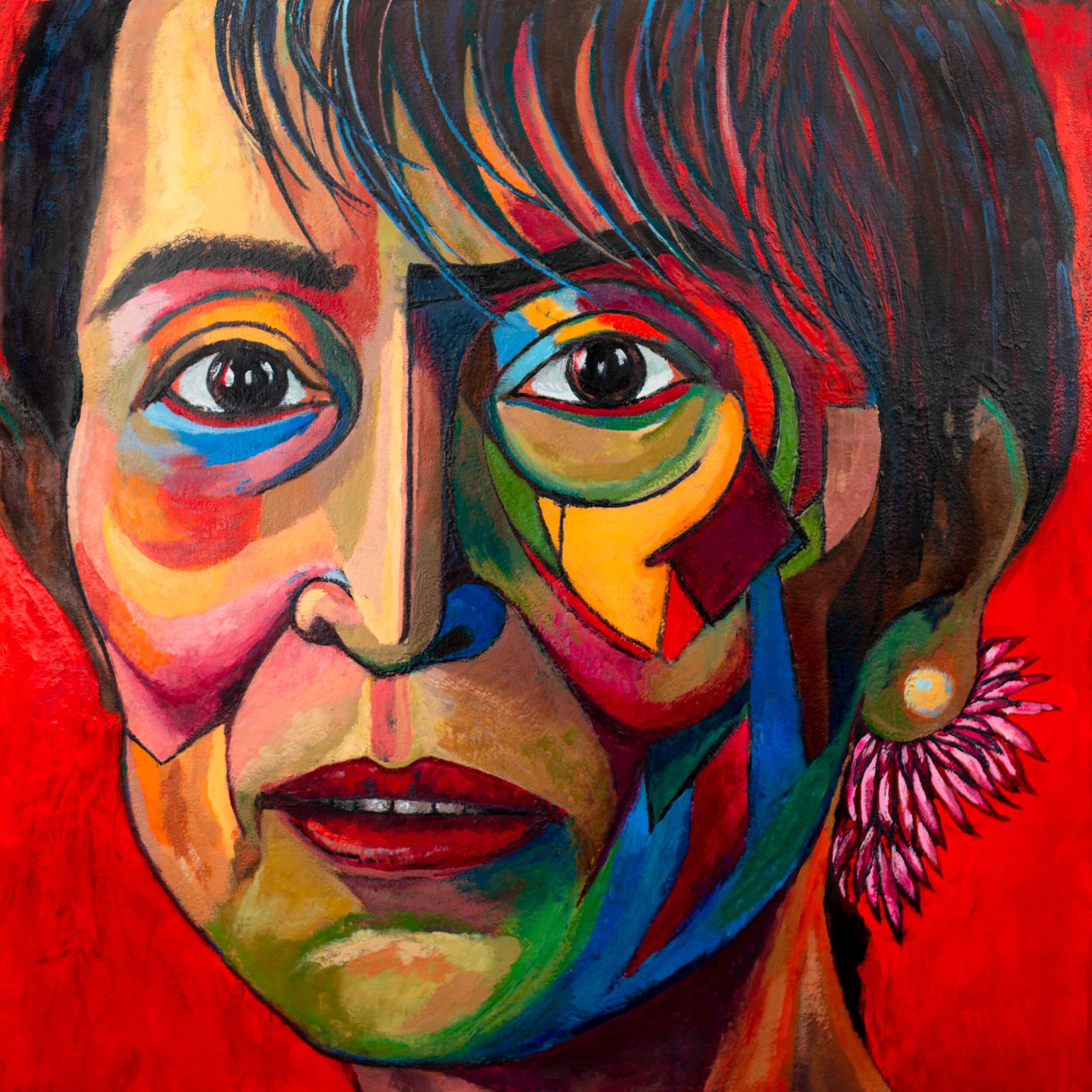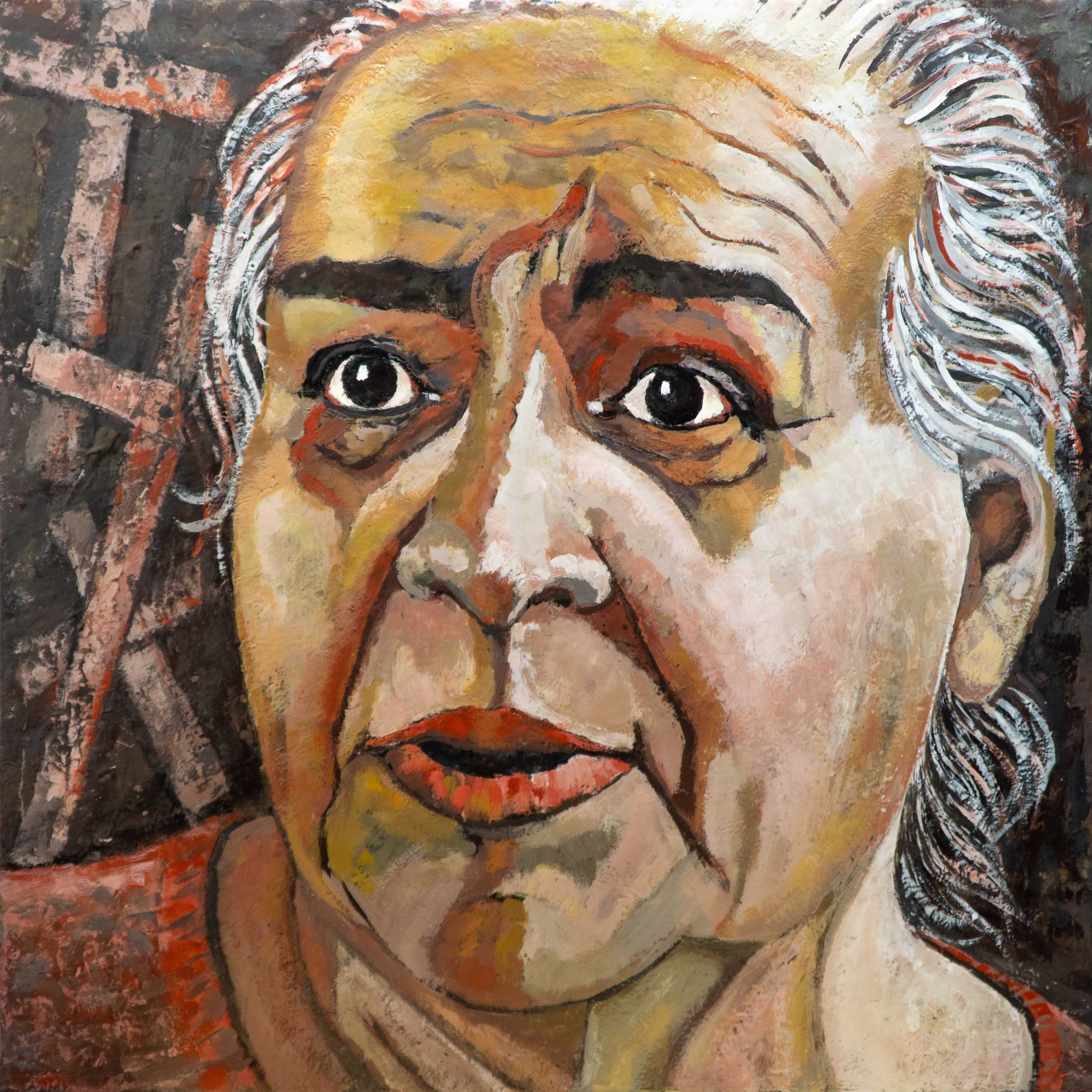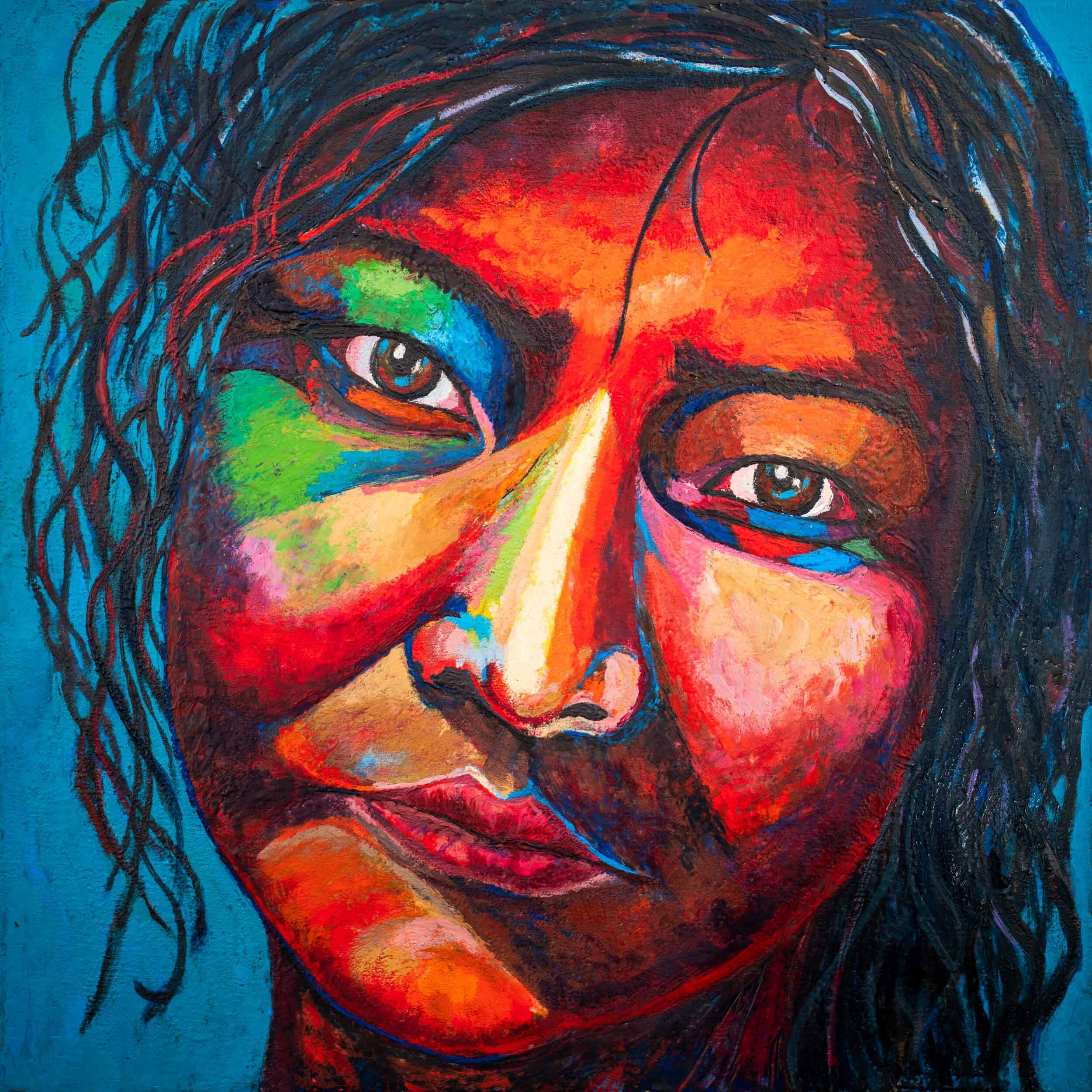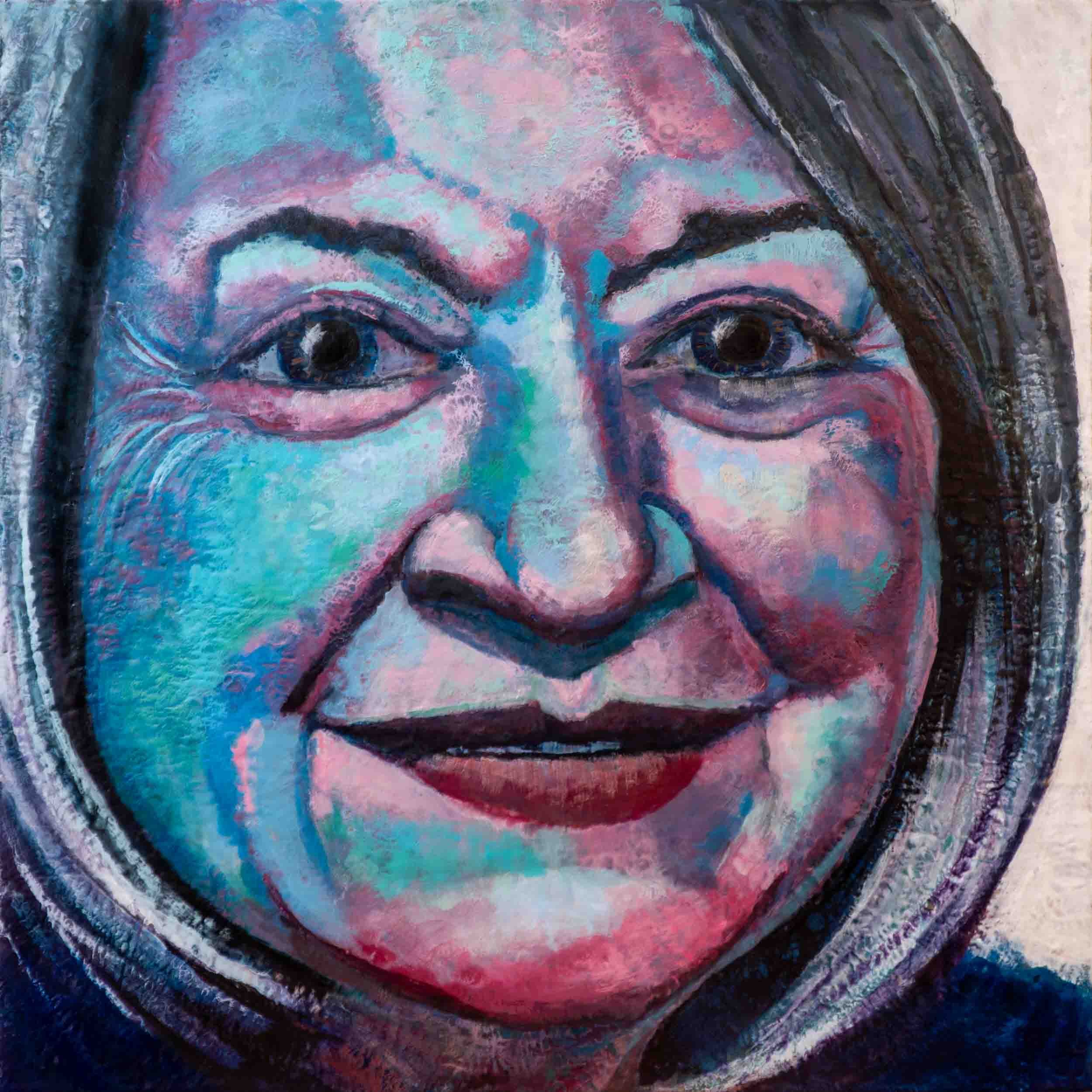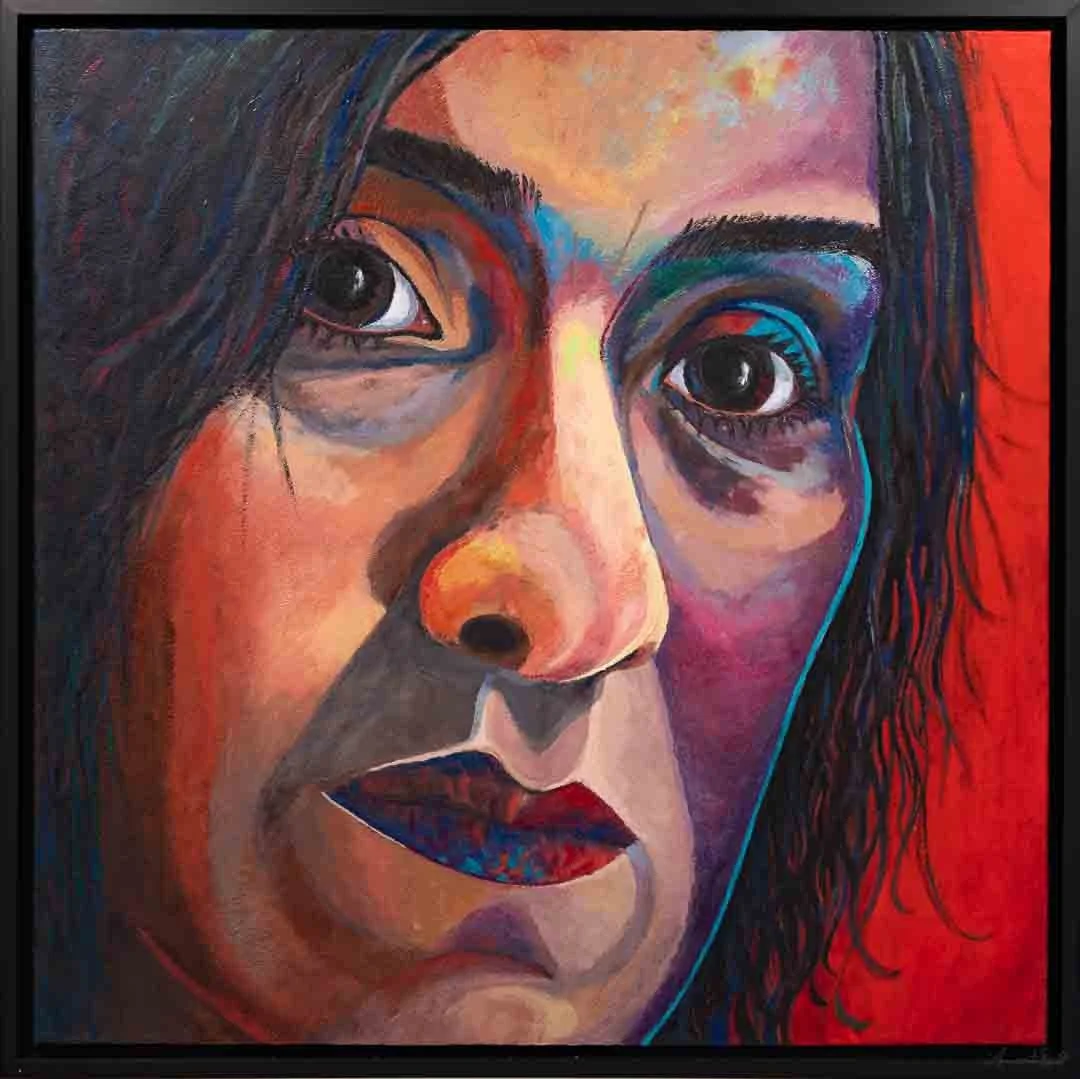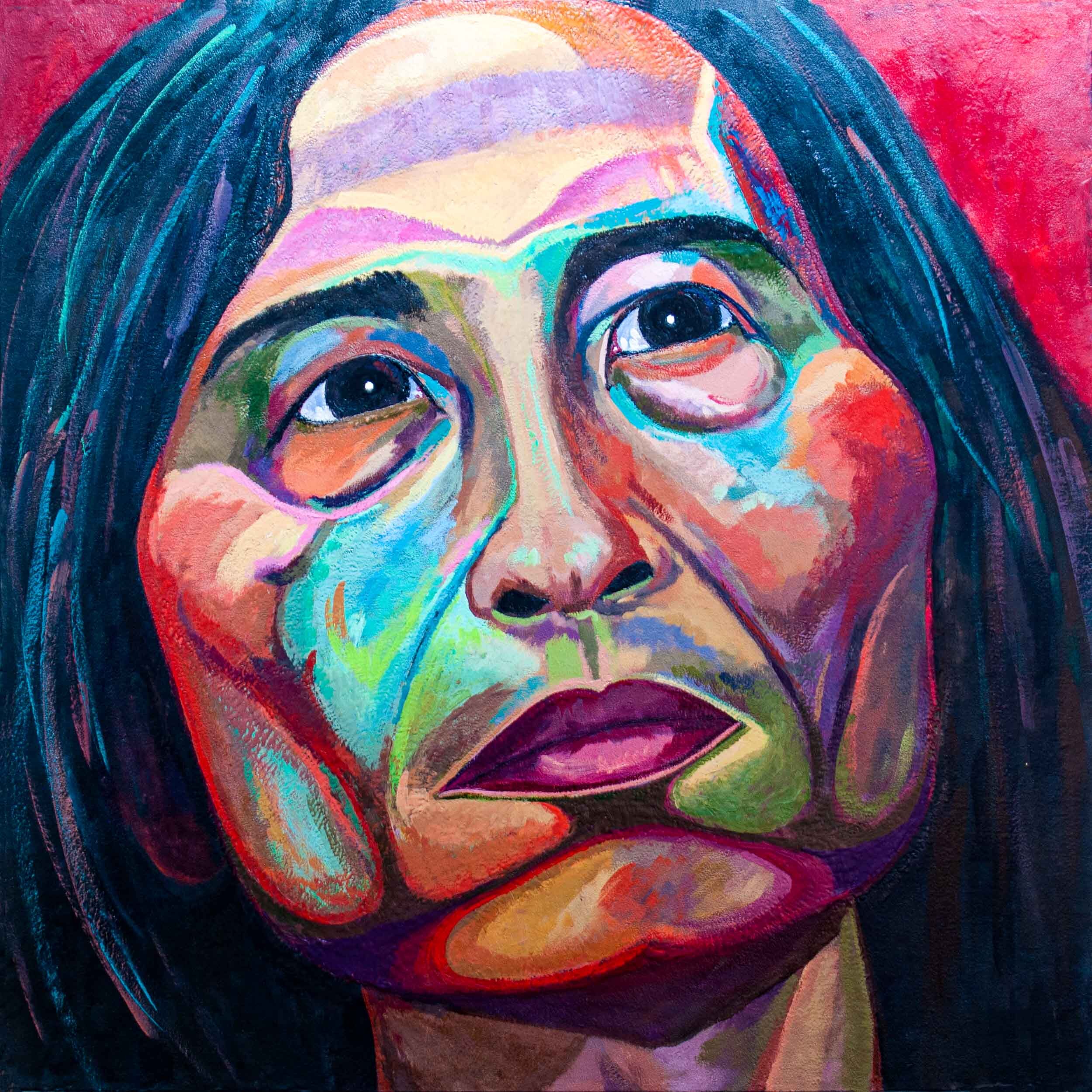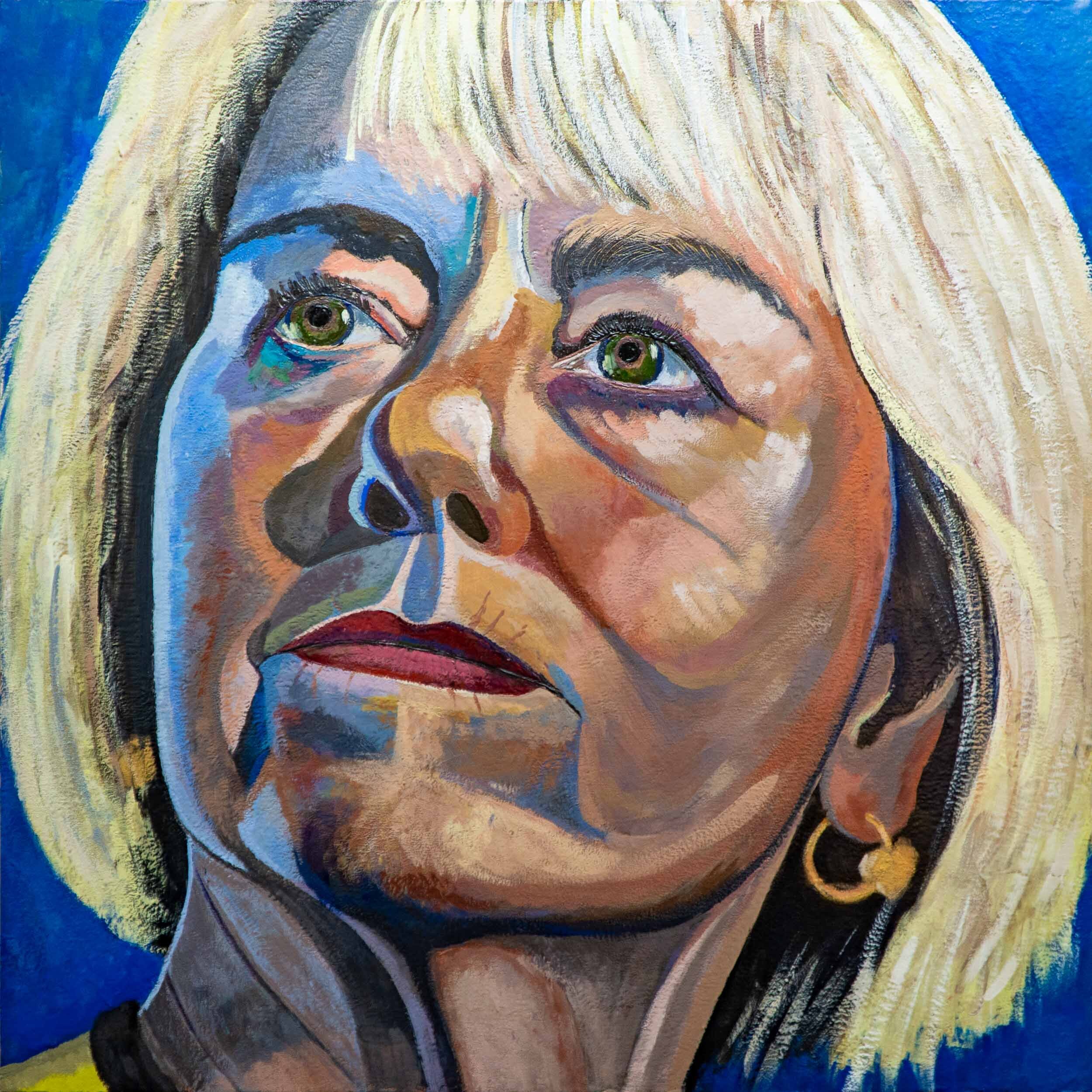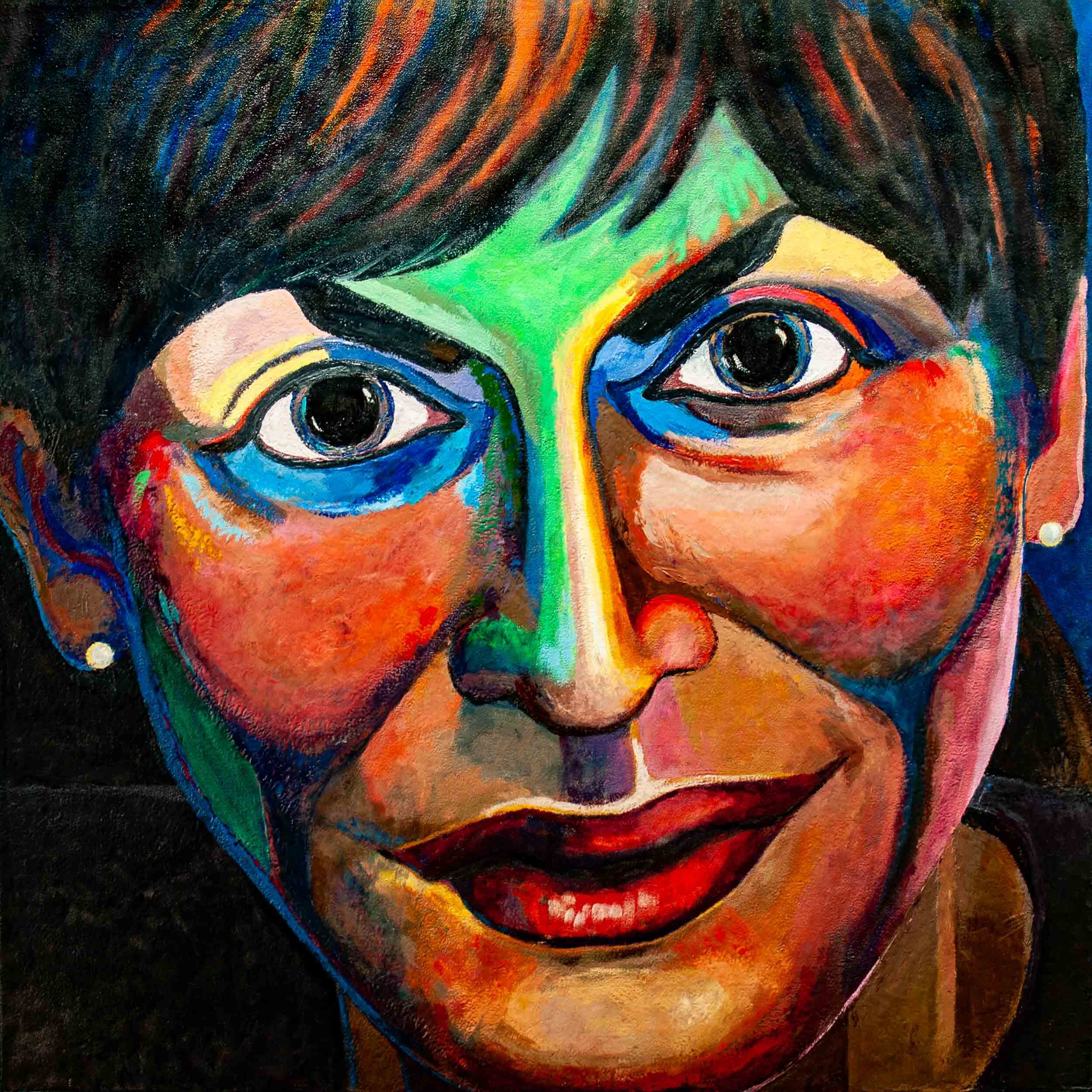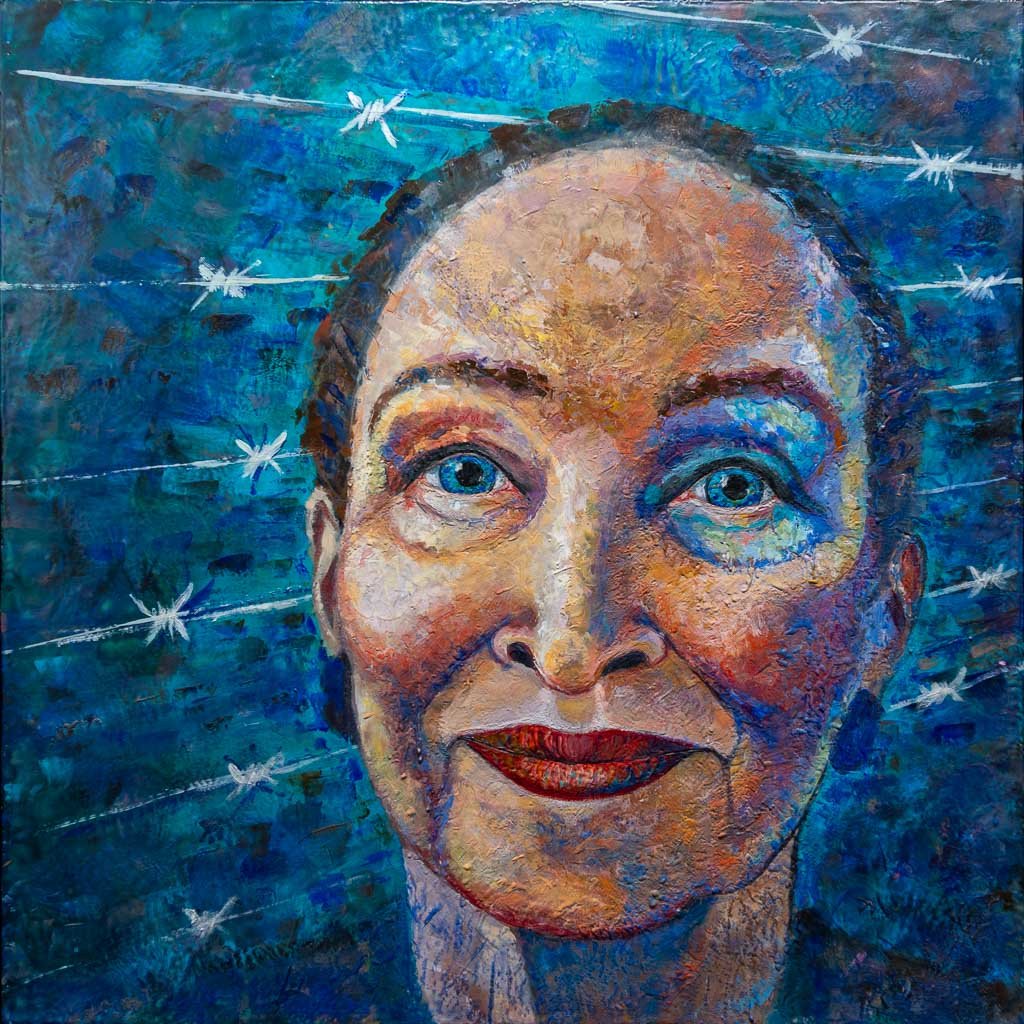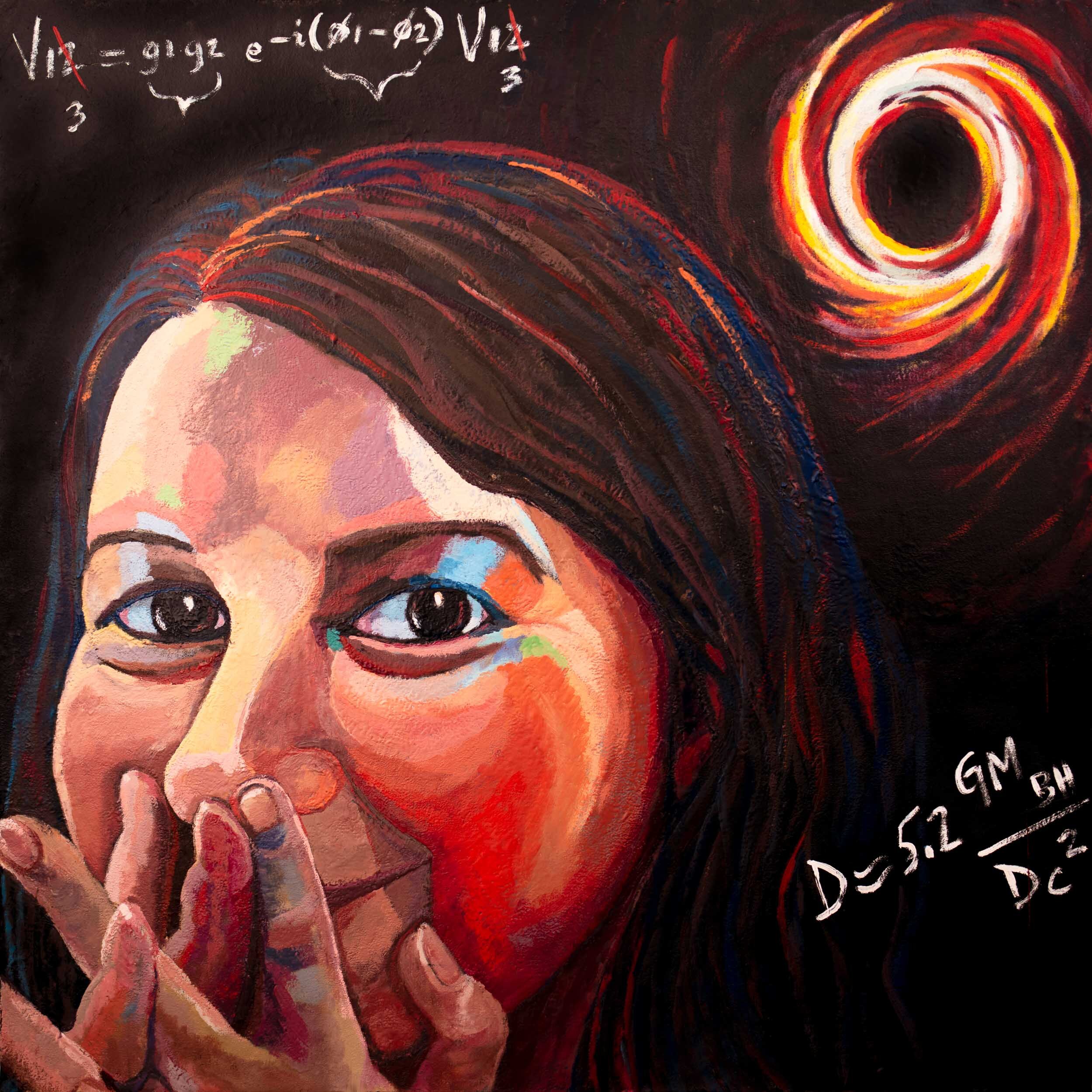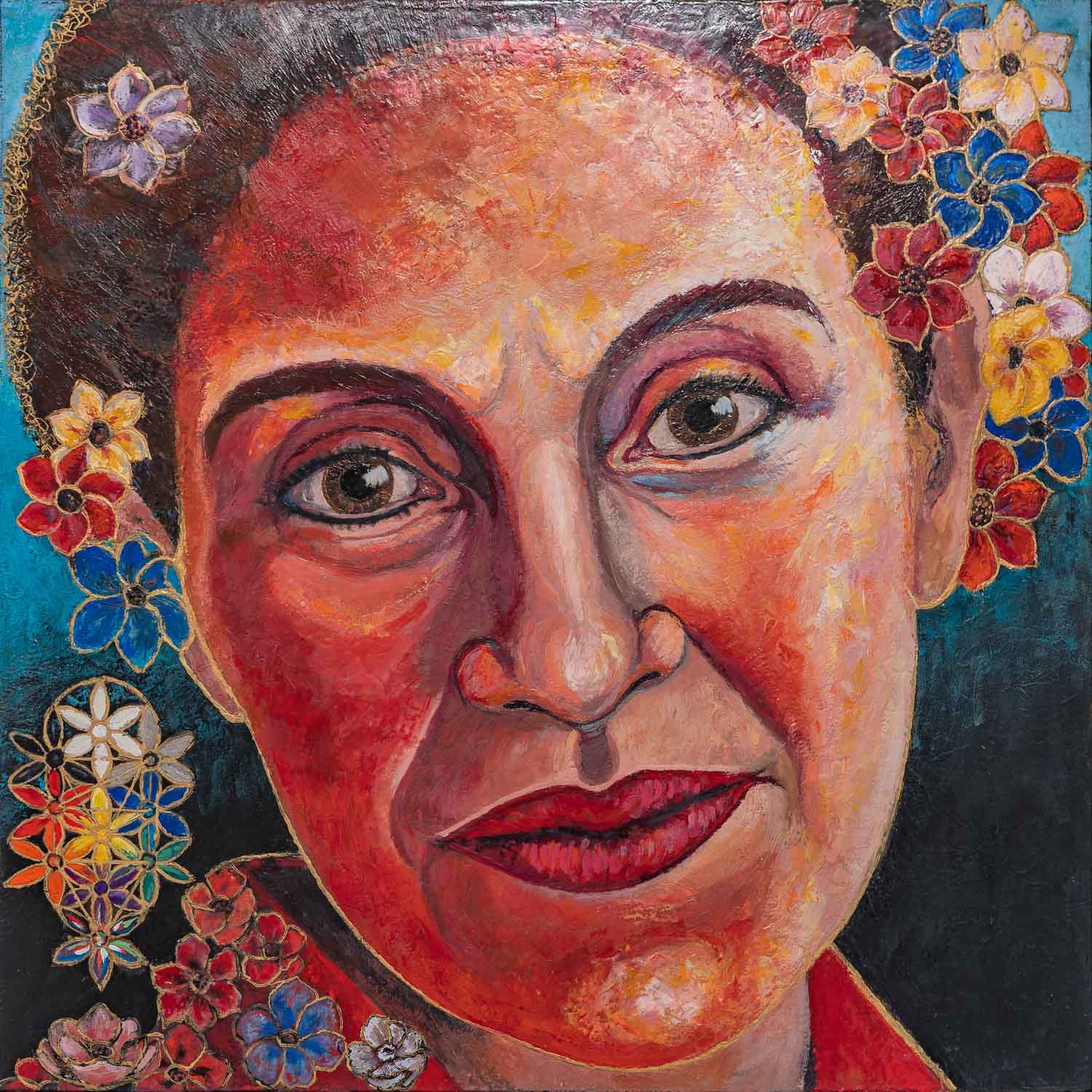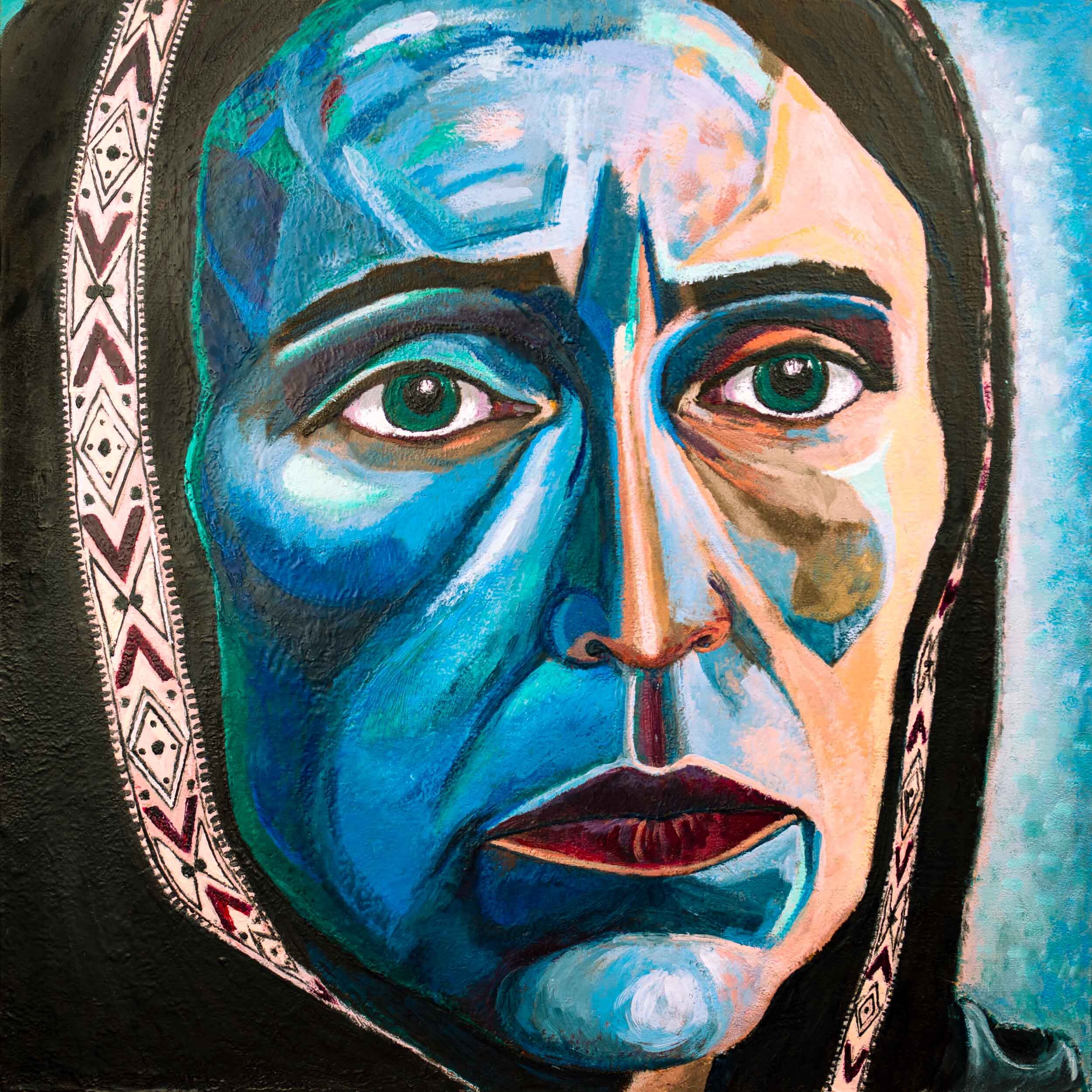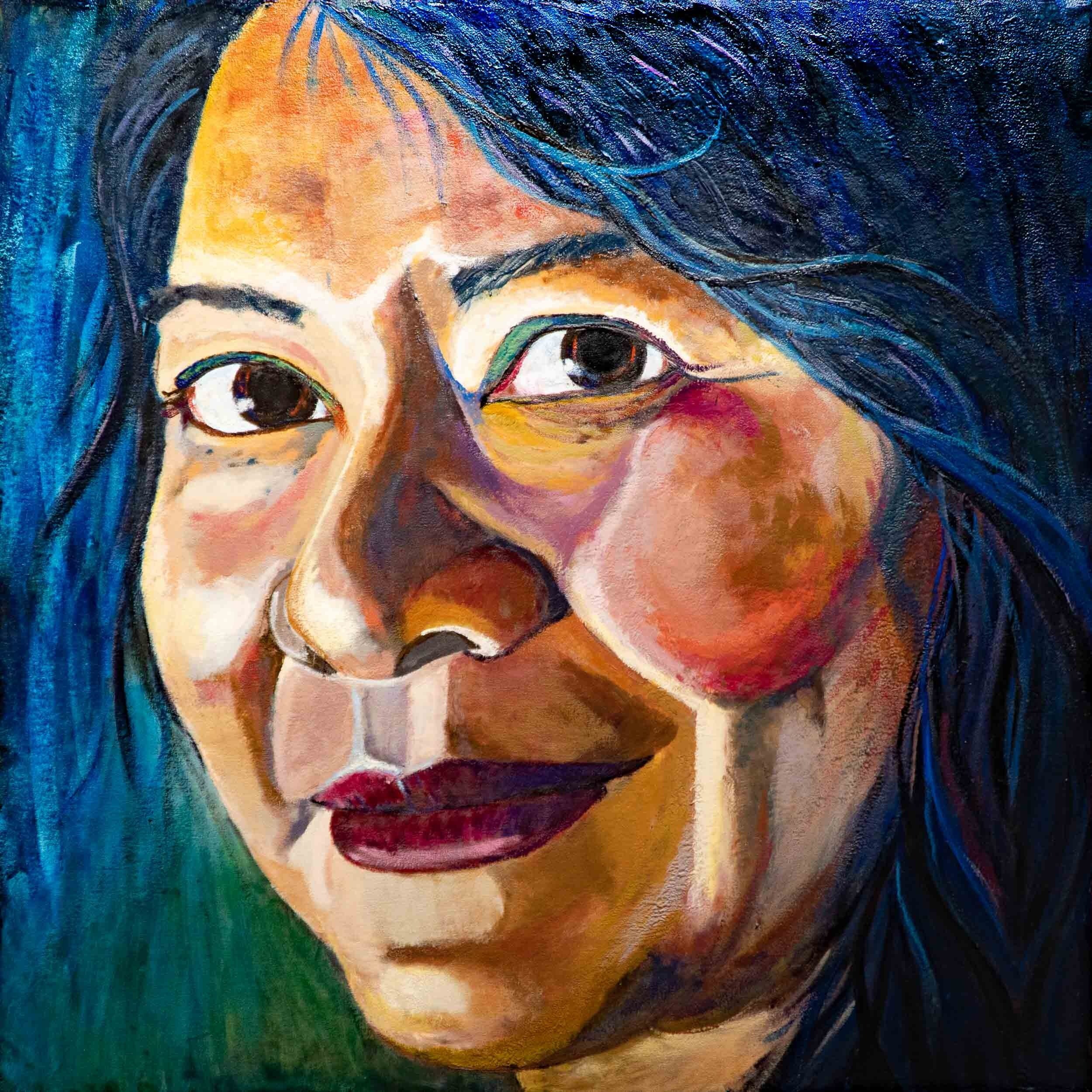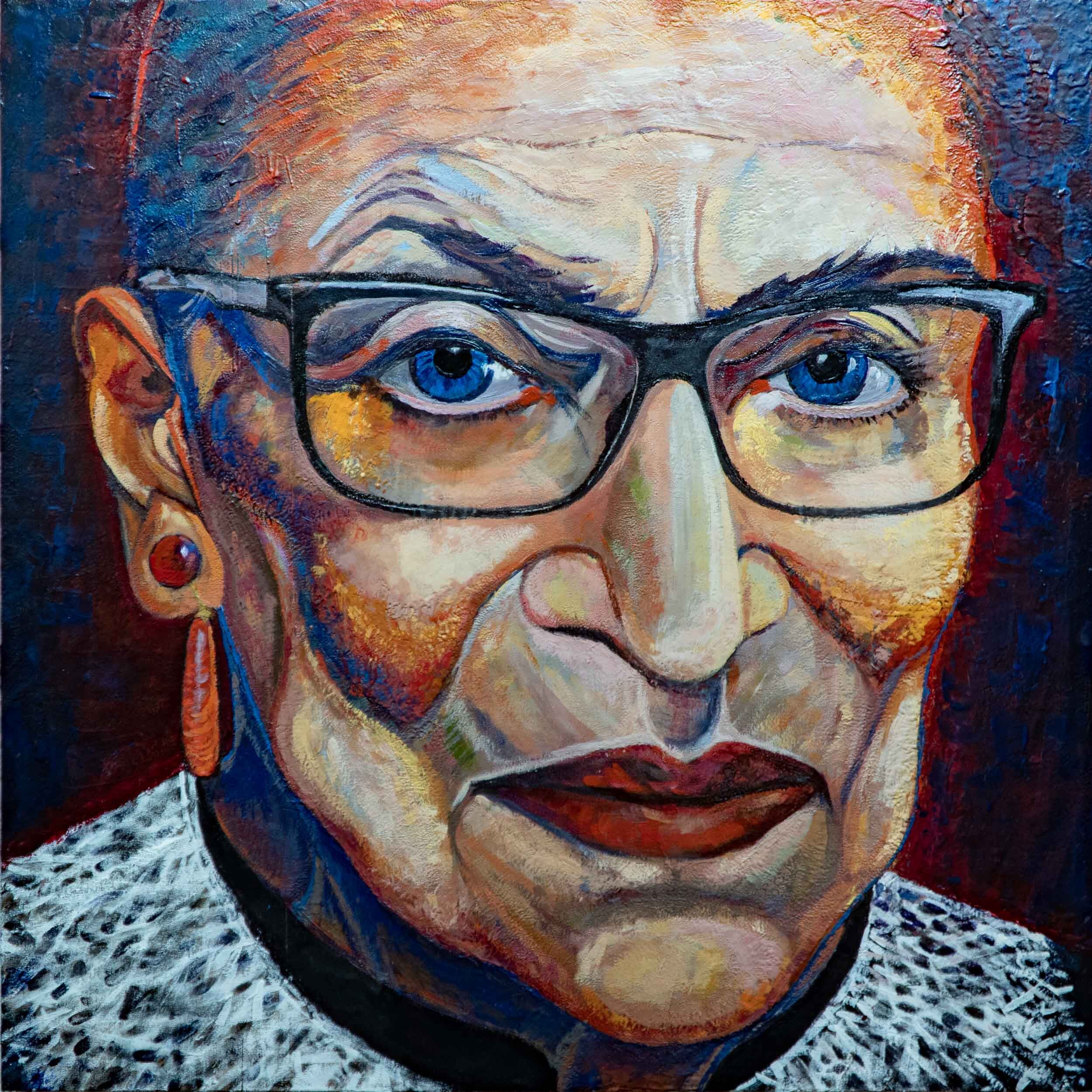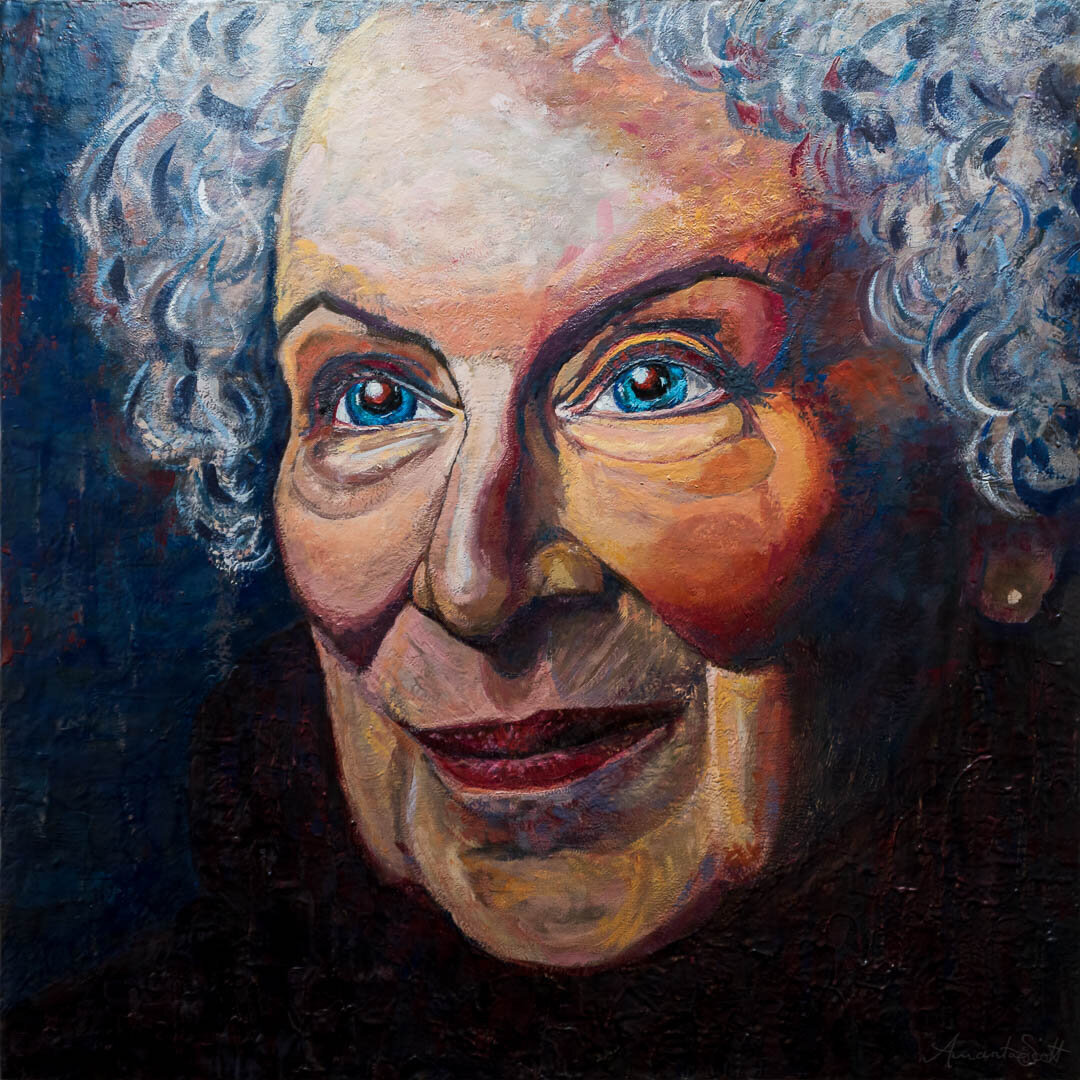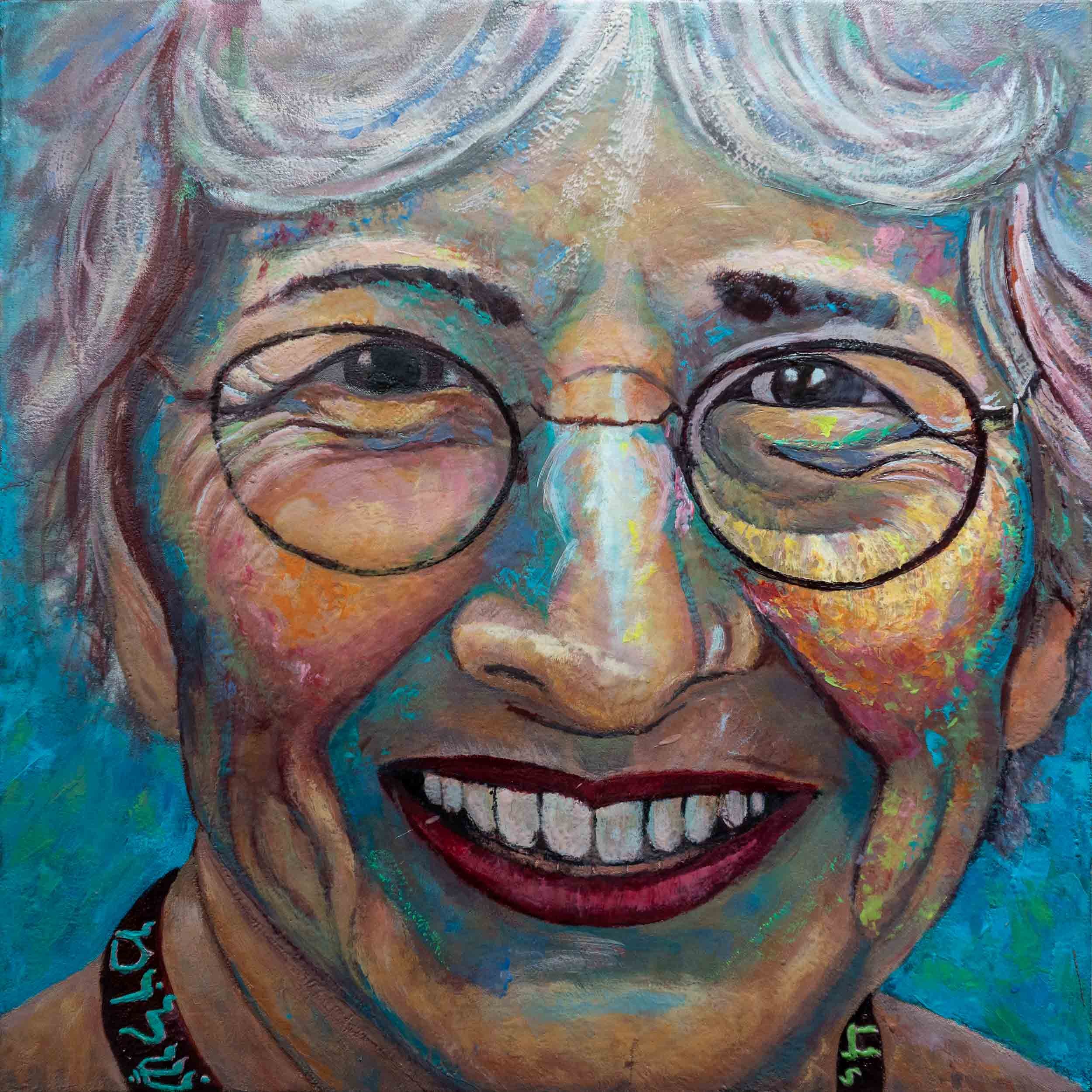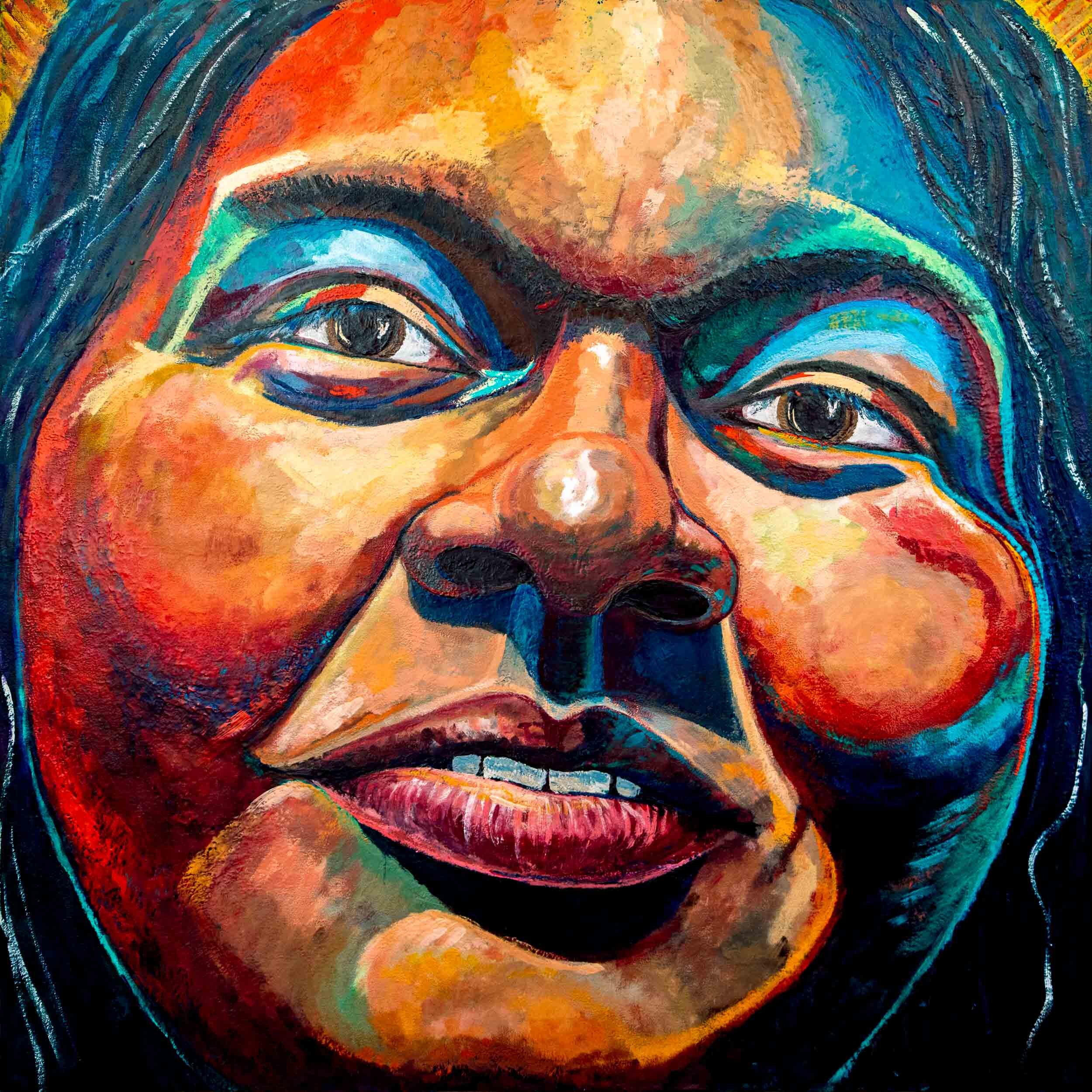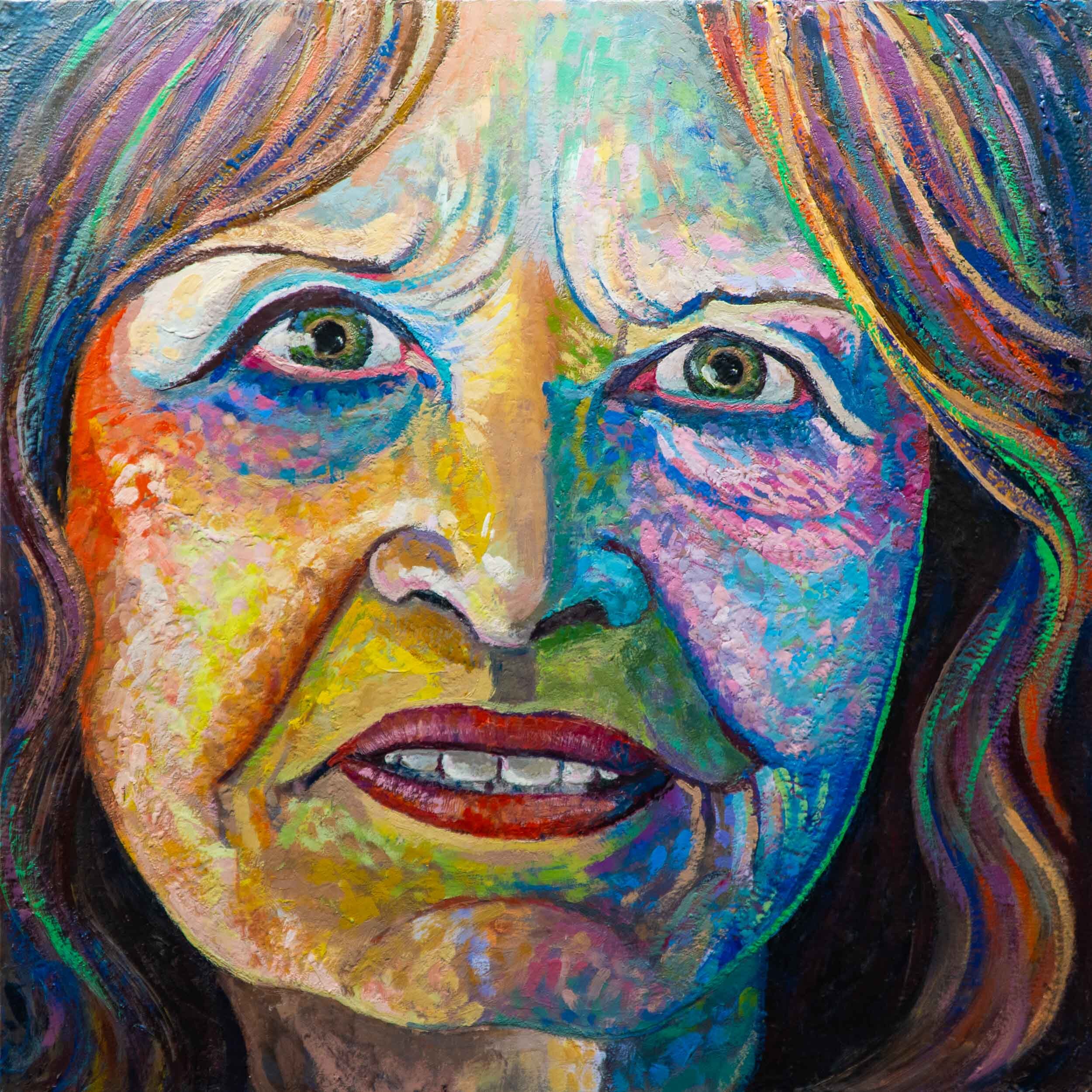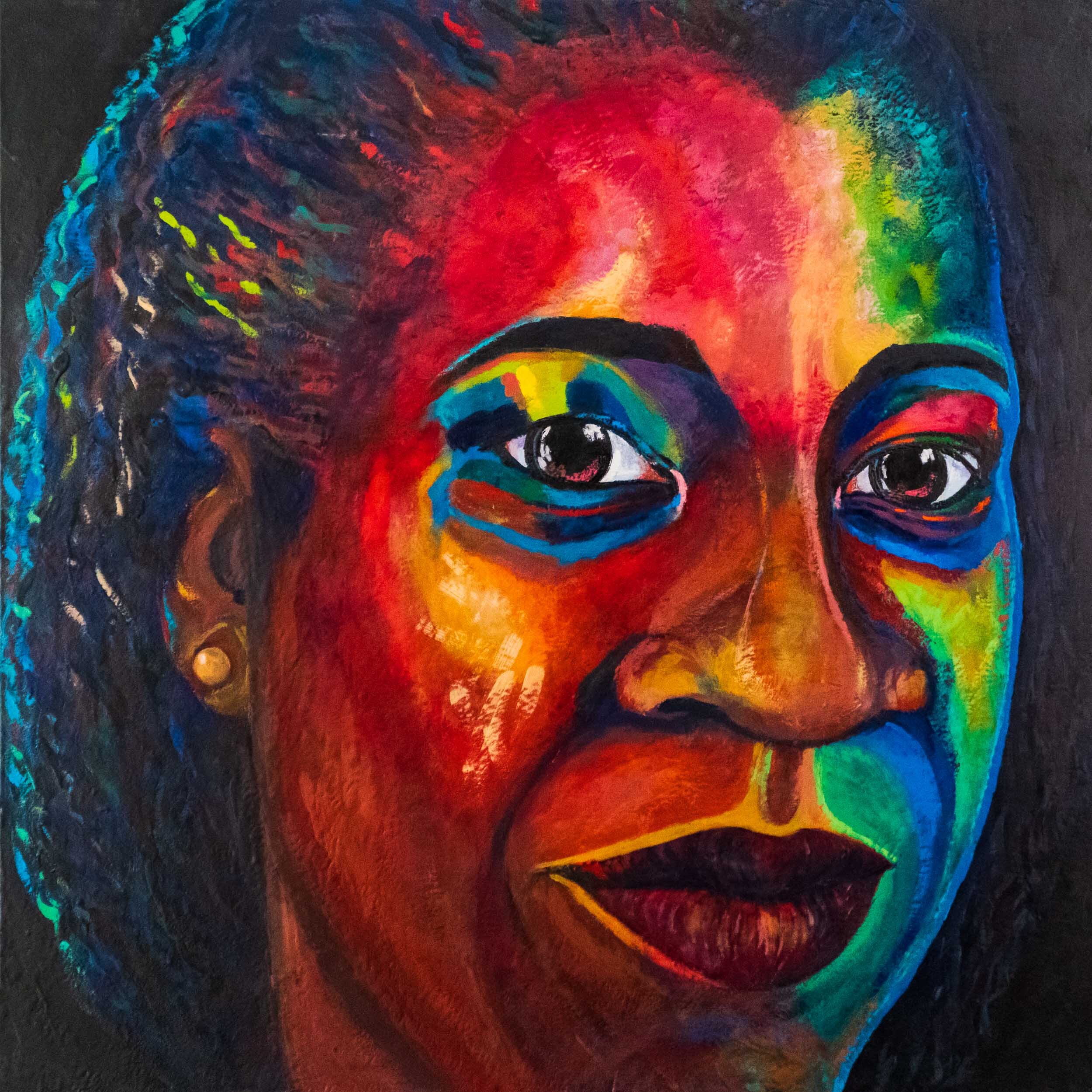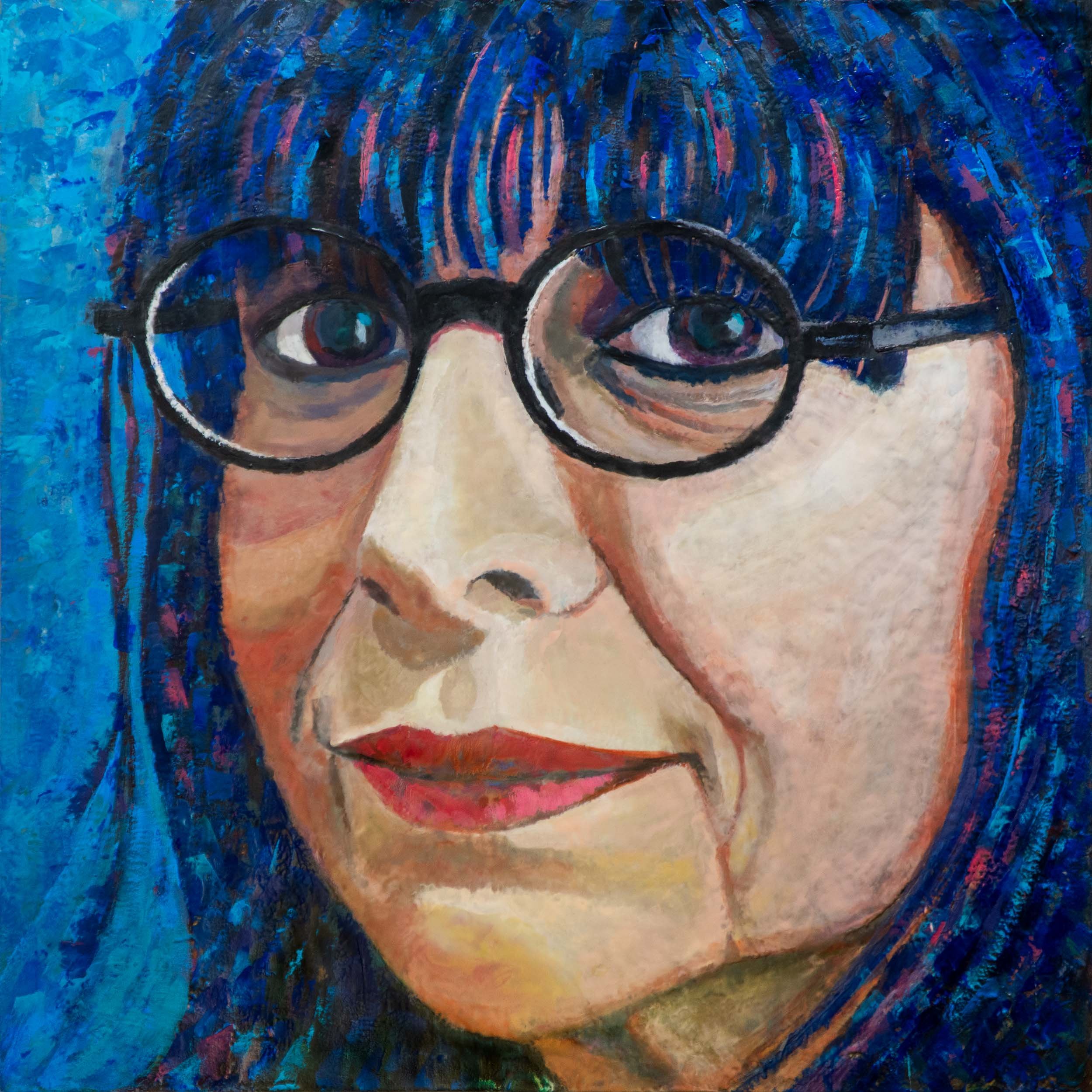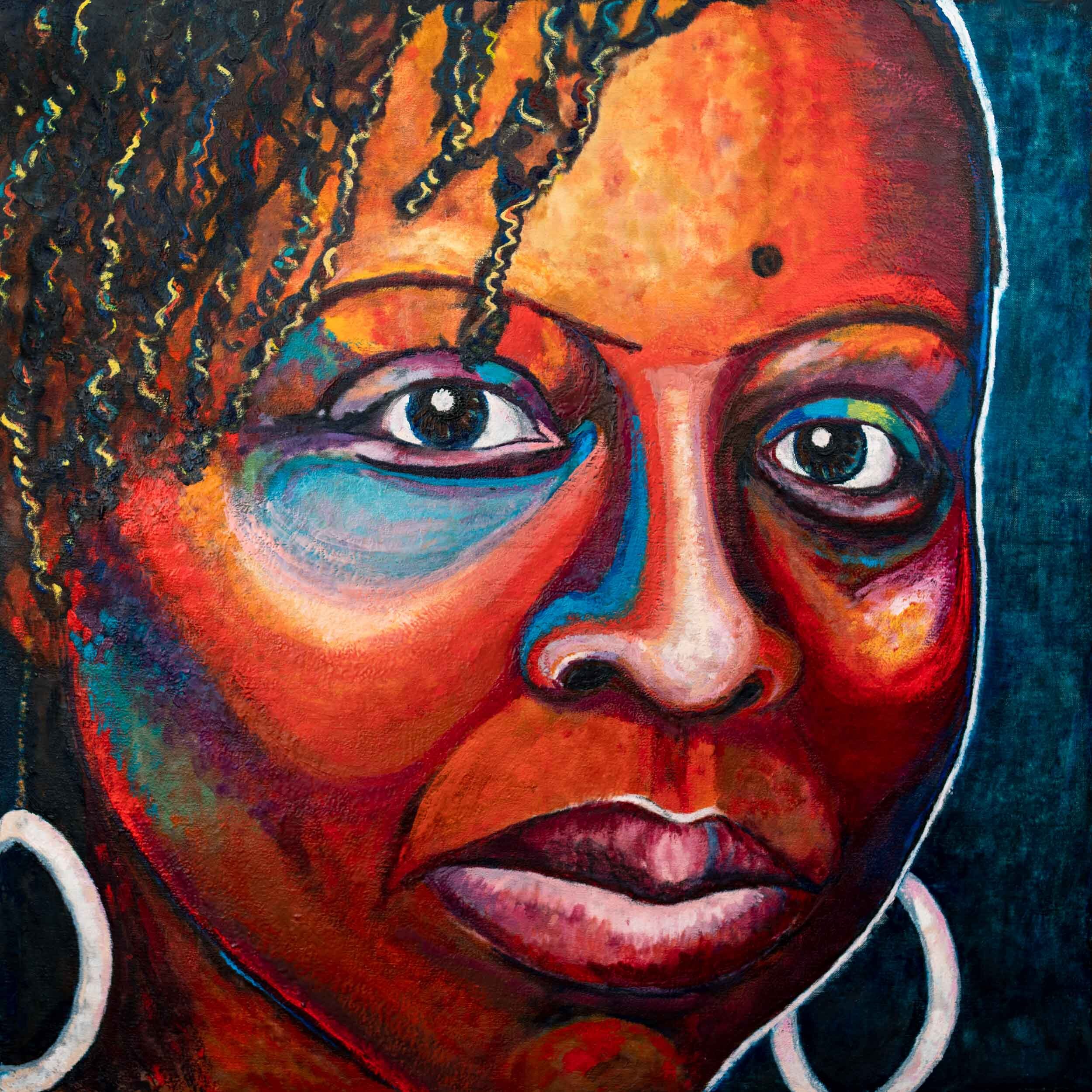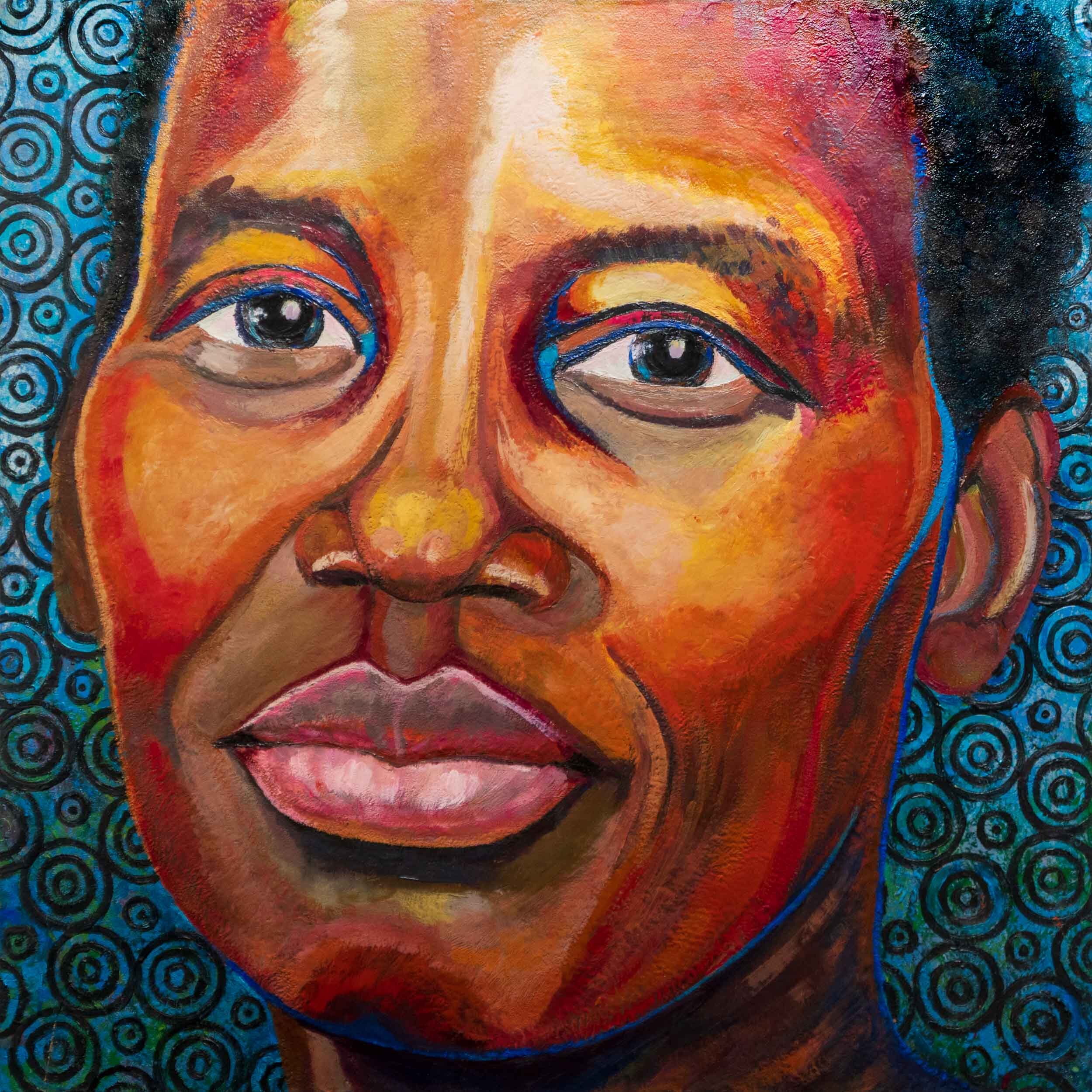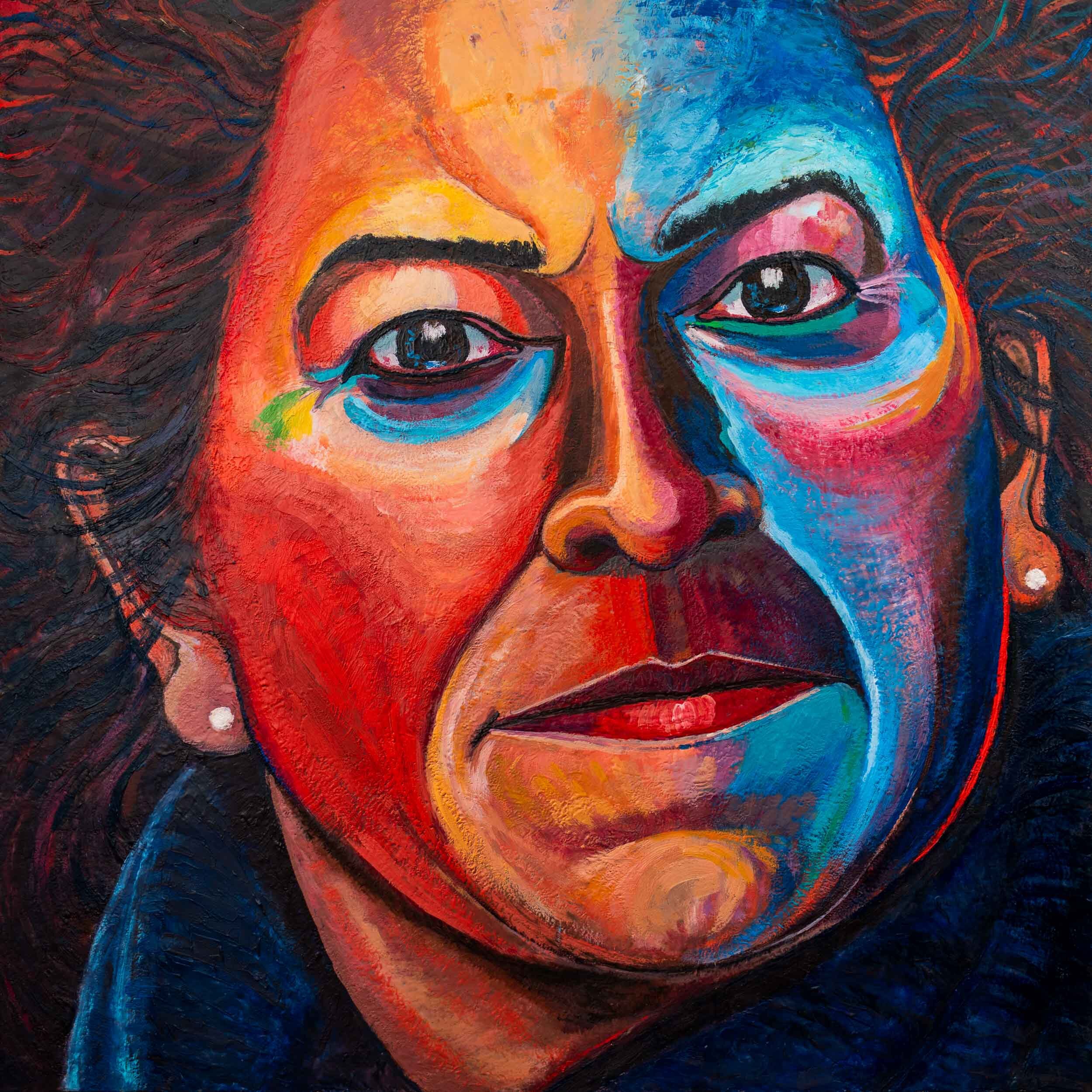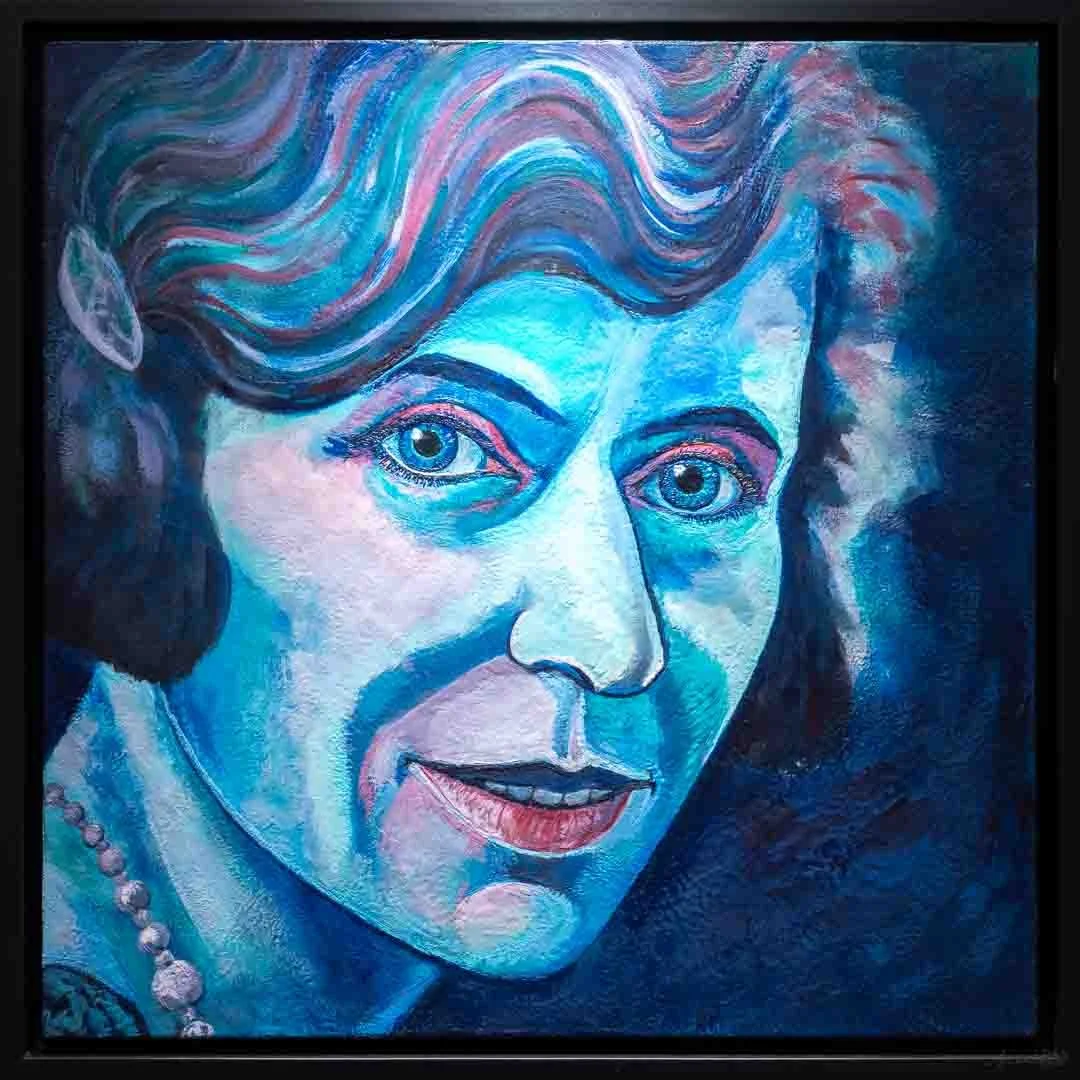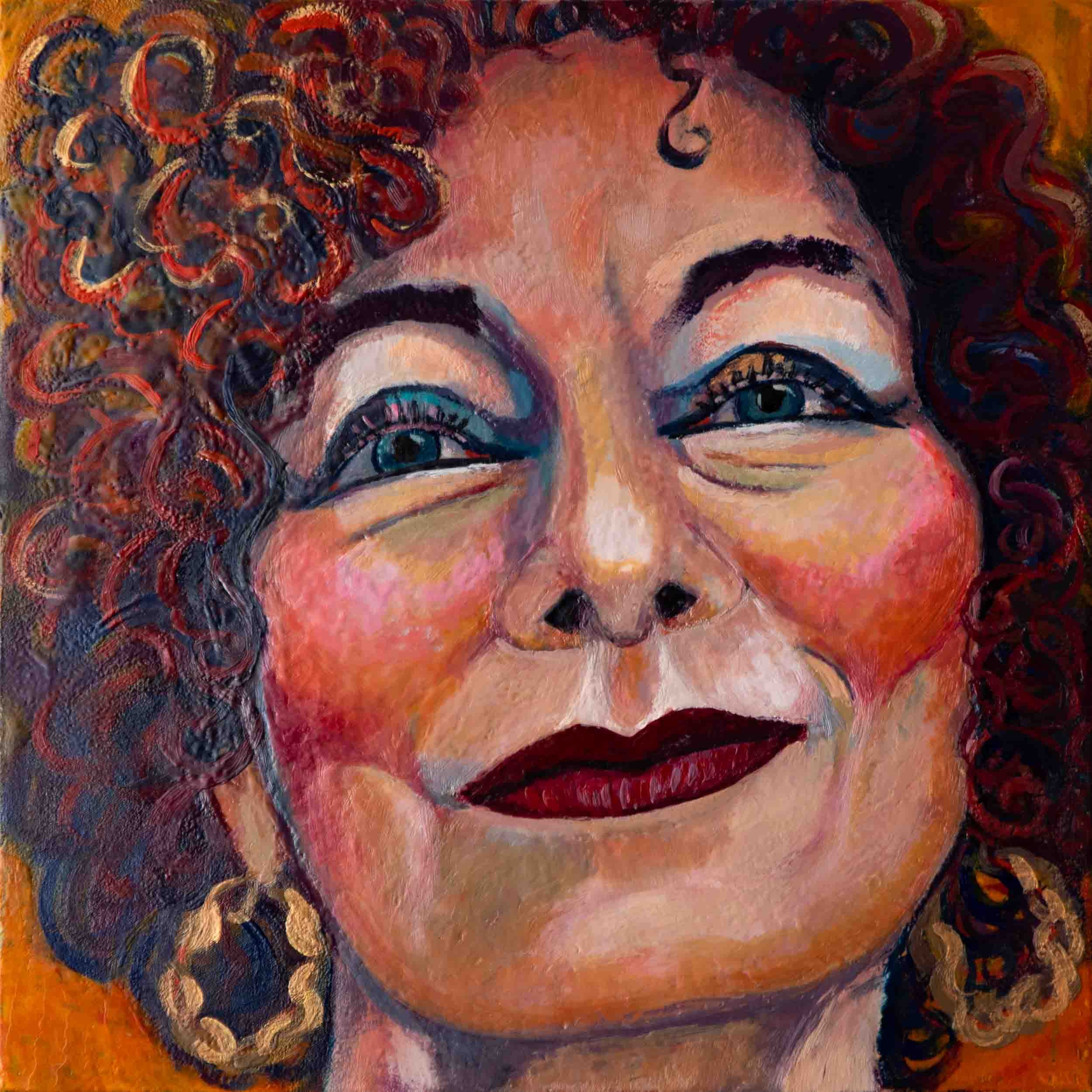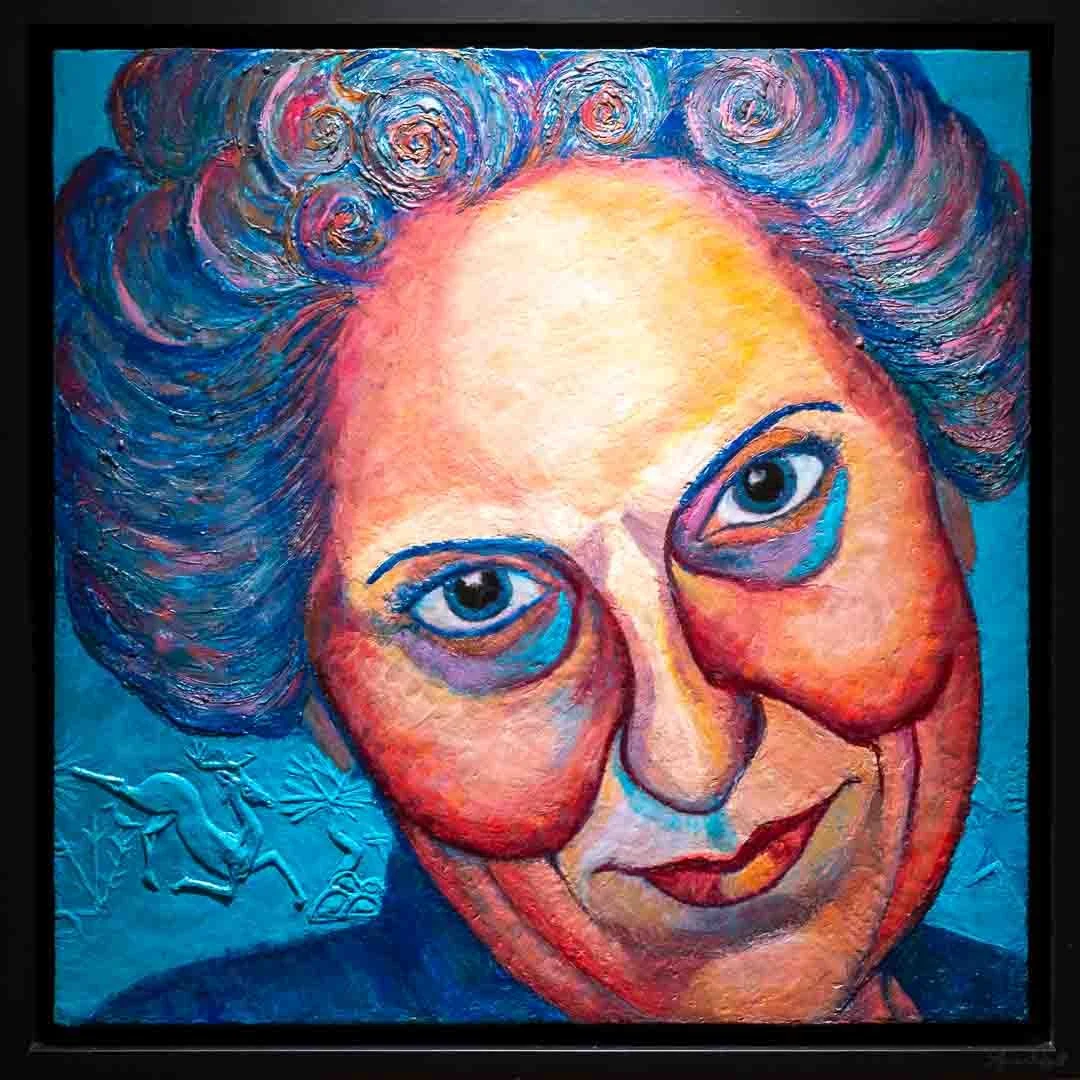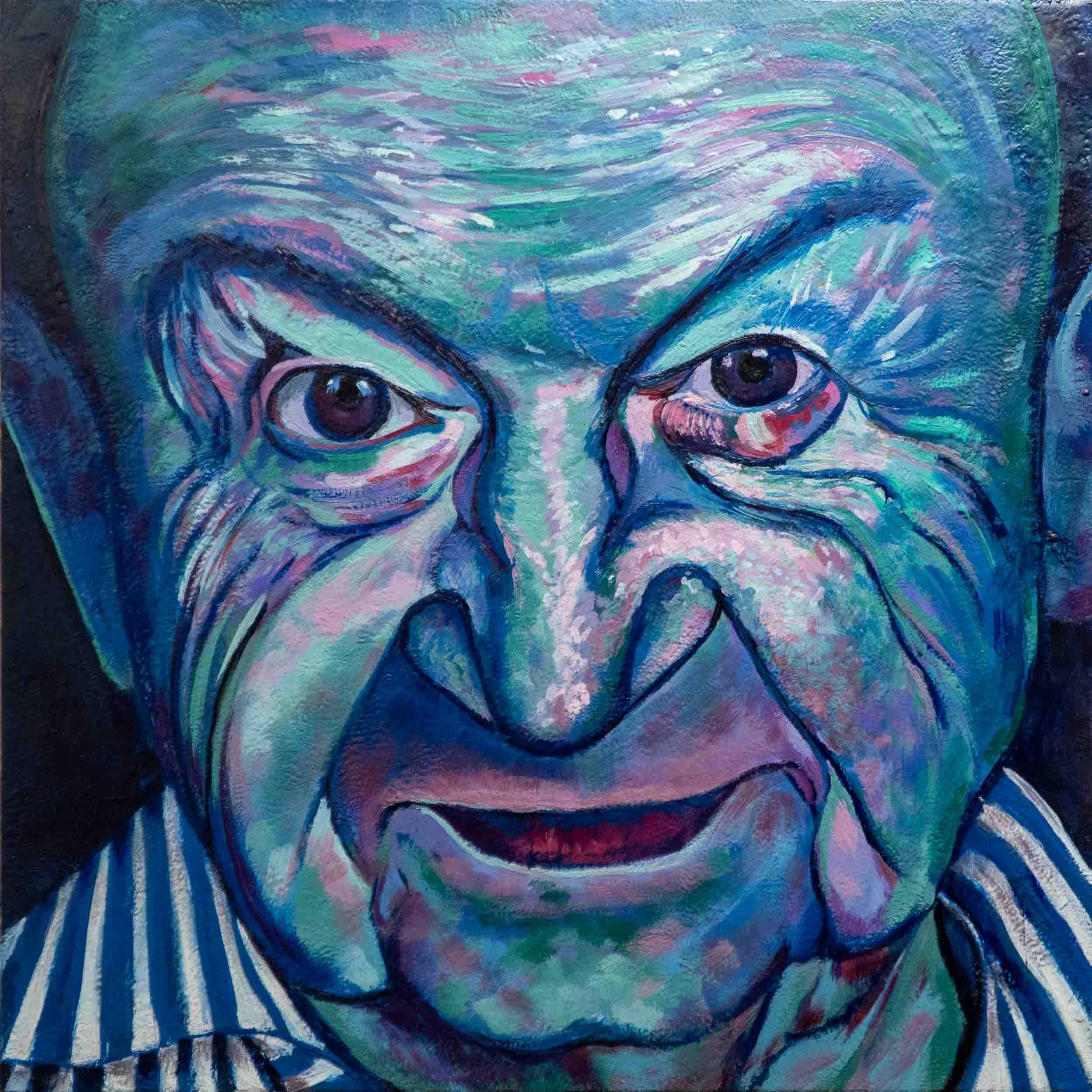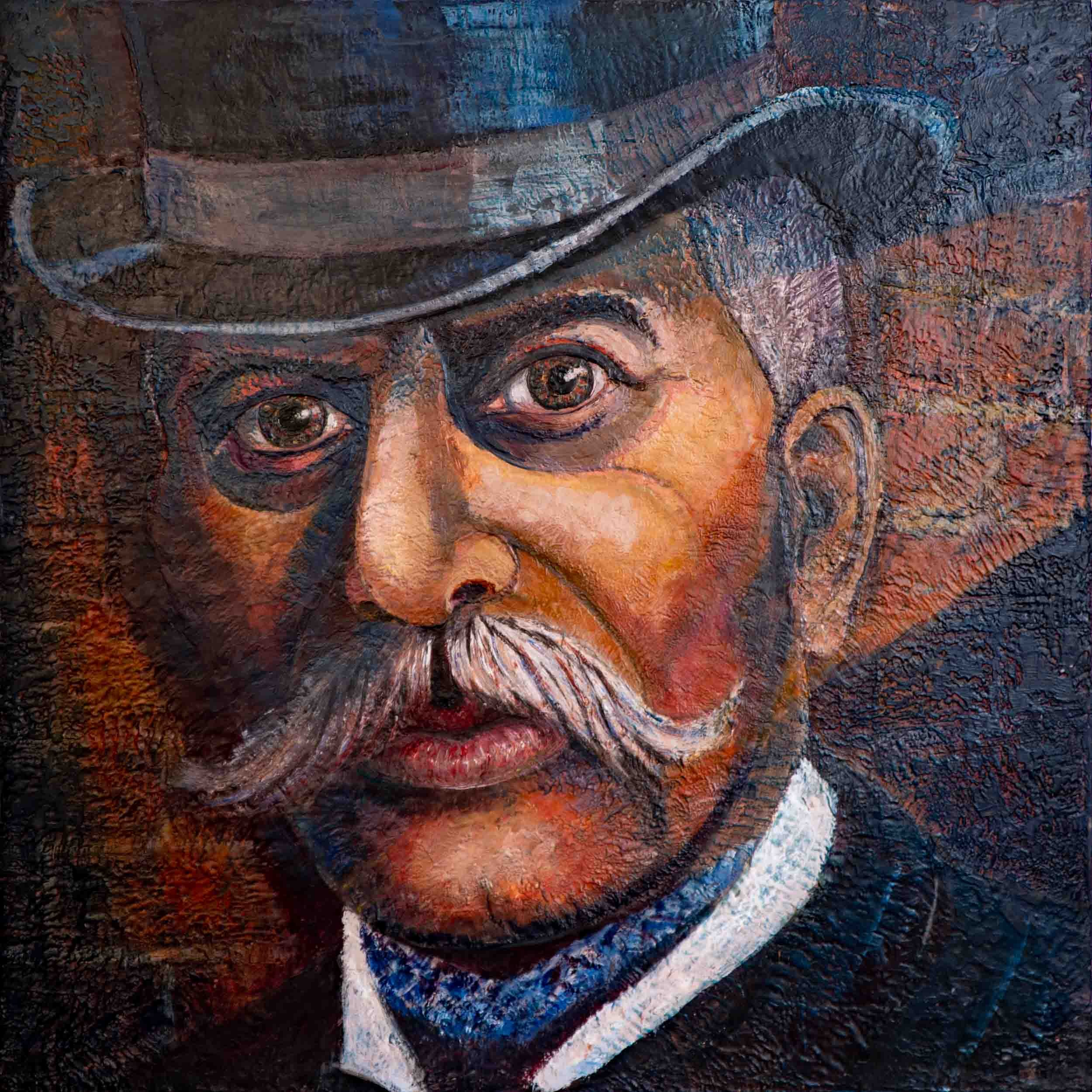EYEING MEDUSA
INSTALLATION VIEWS | ABOUT EYEING MEDUSA | PAINTINGS & STORIES | VIDEOS
“A powerful exhibition by Toronto-born artist Amanta Scott...
Her encaustics on canvas tackle an ongoing contemporary social issue, while at the same time celebrate women from different walks of life that have made a true difference.”
A selection of encaustic paintings from
Eyeing Medusa
at
Leamington Arts Centre
March 28 - June 19 2025
AMANTA SCOTT: EYEING MEDUSA
Orillia Museum of Art & History, 2023
Overview
Eyeing Medusa invites you to look at women in a new light.
Celebrating visionary women who shape our world, Eyeing Medusa encompasses large-scale encaustic paintings, videos, workshops and artist talks.
Eyeing Medusa layers stories from ancient mythology with the experiences of women today — fusing past with present.
Inspiration
In 2018, after #METOO burst onto the scene, I encountered Bernini’s astonishing sculpture Rape of Persephone at the Borghese Gallery, in Rome.
Identifying with Persephone, reliving what happened to me too, I realized: This is not an old story. This happens every day.
Triggered, I felt compelled to respond. I began investigating how we see women depicted in art and how this contributes to ongoing issues facing women in society today.
And I knew, if I wanted to flip toxic narratives, my paintings needed to depict women as strong and resilient rather than as victims or villains.
Concept & Premise
Eyeing Medusa parallels outstanding contemporary women with archetypal heroines, to raise awareness, shift perspectives and to provoke change.
I believe it’s very important that we find a new way of looking at women in the arts because it also impacts how we see and treat women in our world today.
According to the UN and Stats Canada the rate of women and girls across the world who are murdered by a family member or intimate partner — someone they knew and should have been able to trust — is 8 times greater than that experienced by men.
In Western art, centuries of artworks — depicting women as subjects of rape, violence or voyeurism — normalize terrible behaviour, trigger fear and license acts of violence against women.
Challenging stale ideas of Woman-as-Muse, femme fatale and other crippling stereotypes, Eyeing Medusa aims to illuminate urgent social issues, shift perspectives and change toxic narratives by focusing on respect, empowerment and self-actualization.
Encaustic Portraits
The paintings centre on the face: close up so, undistracted body shape, or clothes, we look into the eyes and see the soul, the mind. And recognize what remarkable people they are.
Each painting references an archetypal heroine, one I see as the primordial source of the woman’s power. This is reflected in the title, colour palette and composition.
These juxtapositions provoke sudden realizations as viewers identify with recurring patterns in history.
Interactive Art Labels
Art labels include: relevant information, a quote, a short bio of the individual and mythological parallel, and a QR code linking to webpages illuminated with stories, videos and masterpieces and references for those seeking a deeper experience.
Objective & Theme
The installation is named for Medusa, the archetypal wronged-woman of Greek mythology. Torn from her spiritual path, raped, blamed, banished and ultimately beheaded, Medusa’s story echoes that of countless women throughout history.
Eyeing Medusa highlights empowered individuals who campaign for peace and human rights, challenge toxic ideas, and raise awareness of urgent social issues — for better or worse. They’re not perfect. They’re real. Complex. Noteworthy. And frequently vilified — like Medusa.
The hero Perseus is given a mirror so he can creep up on Medusa while she is sleeping and lop off her head, without looking at her directly. This is because, torn from her spiritual path, raped, blamed, and banished, Medusa’s rage and grief is so terrible, that anyone who looks at her turns to stone. Consider the symbolism here. The only way to confront Medusa is via a mirror, a tool for self-reflection.
In order to confront our fears we have to look at ourselves first, reflect on difficult questions and recognize unhealthy beliefs or behaviours. Only then can we invoke change.
After her assault, Rinelle Harper said: “I think of myself: not as a victim, but as a voice for change. We have to ask ourselves how we contribute to violence and take responsibility to change our words and our thoughts.”
Eyeing Medusa aims to shift perspectives and change historically toxic narratives by focusing on respect, empowerment and self-actualization.
A Quick Glance at the Paintings
